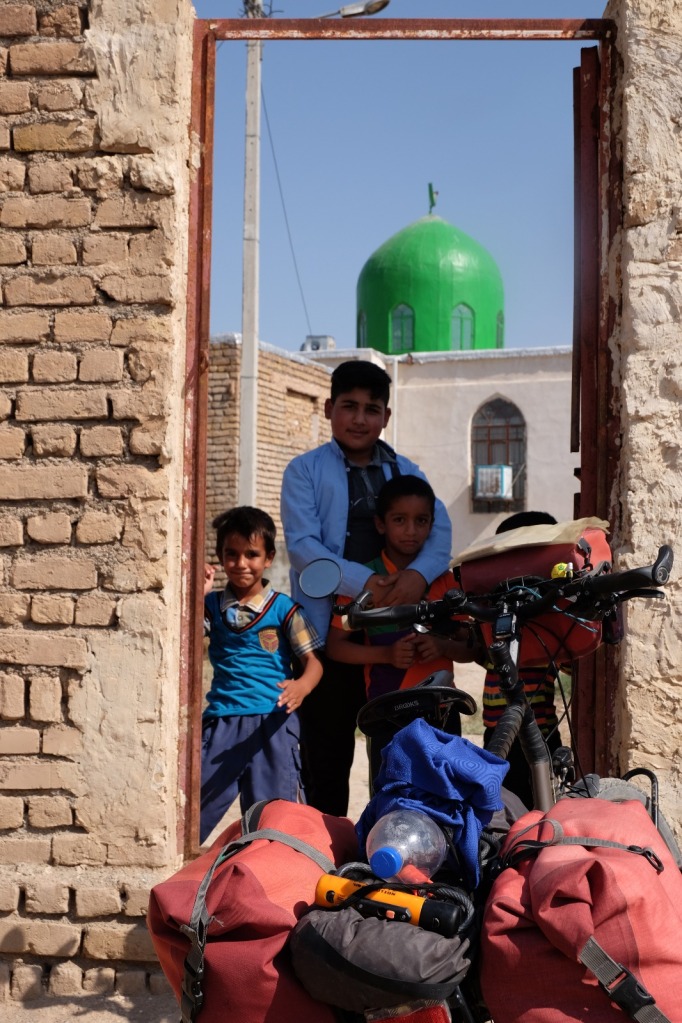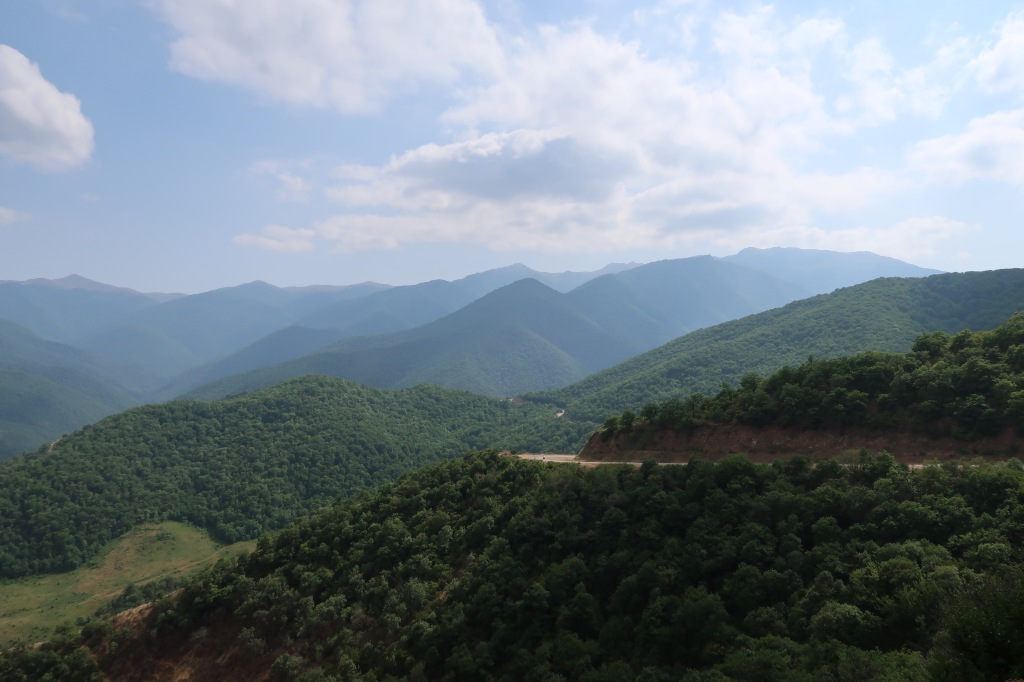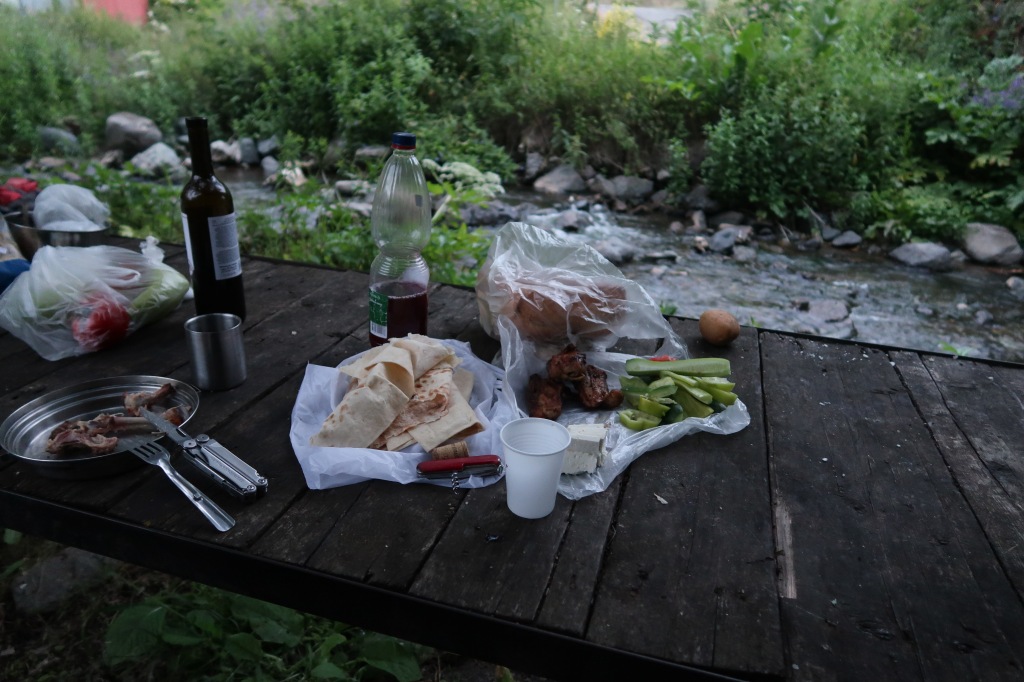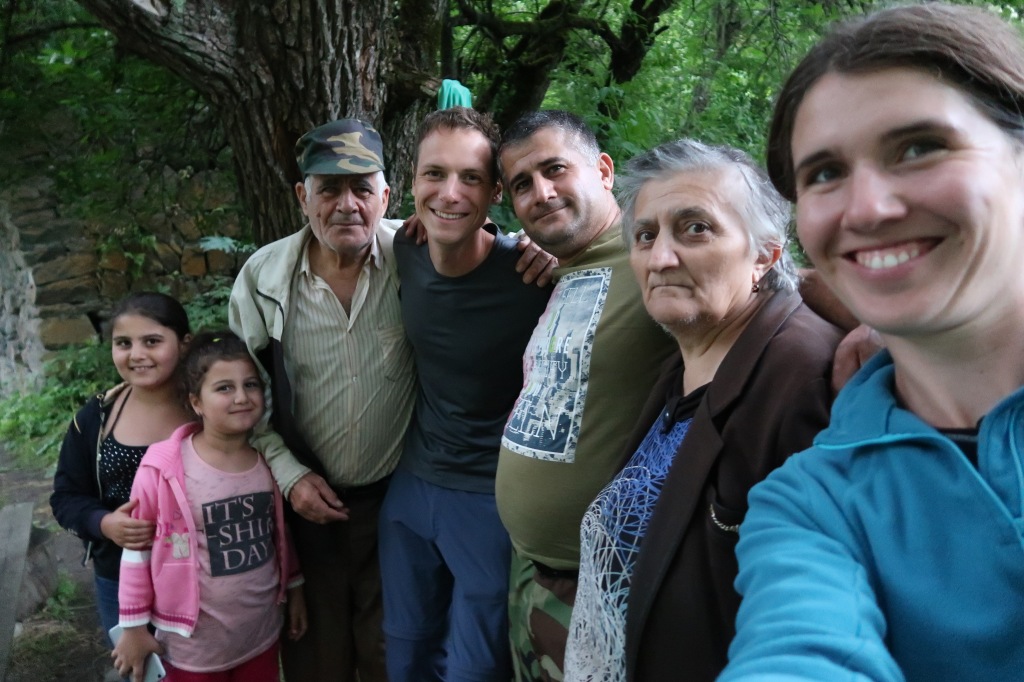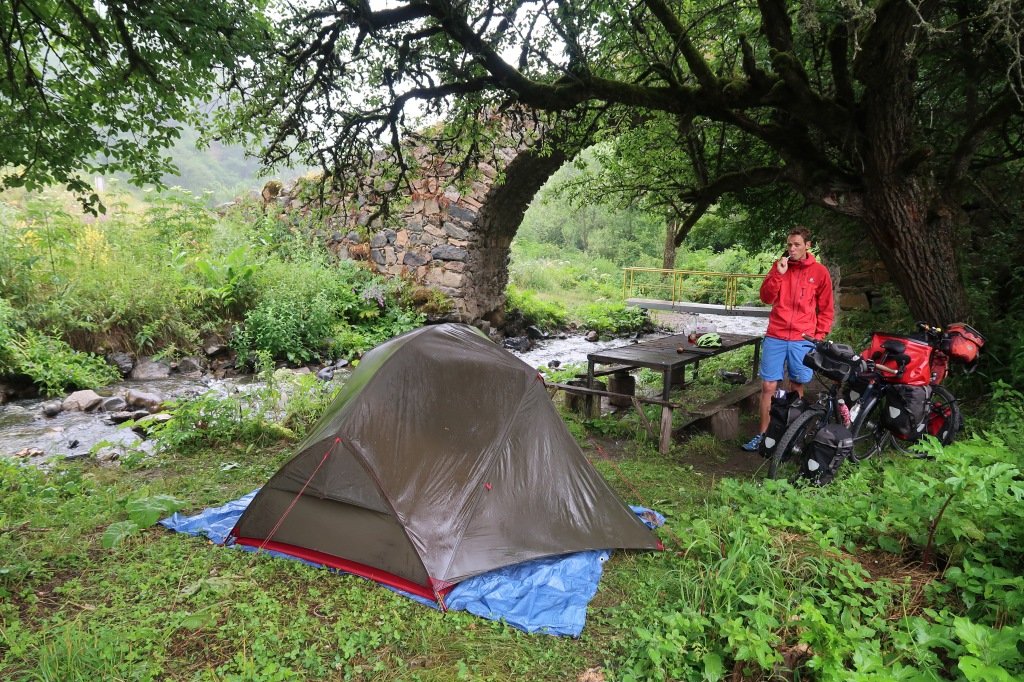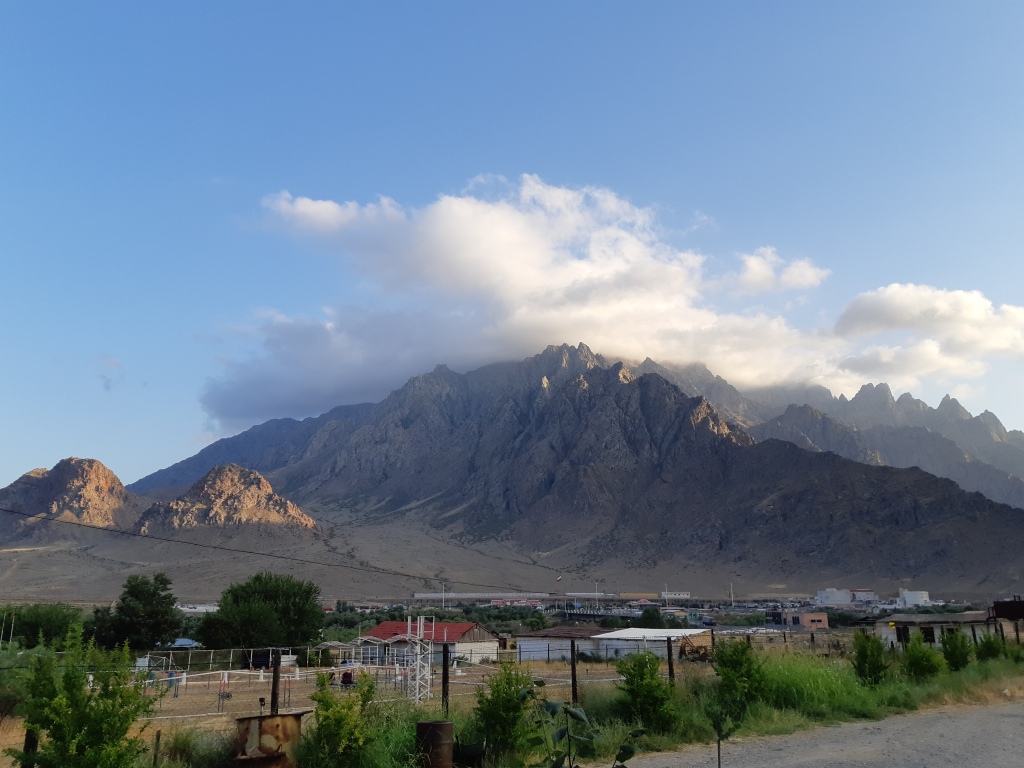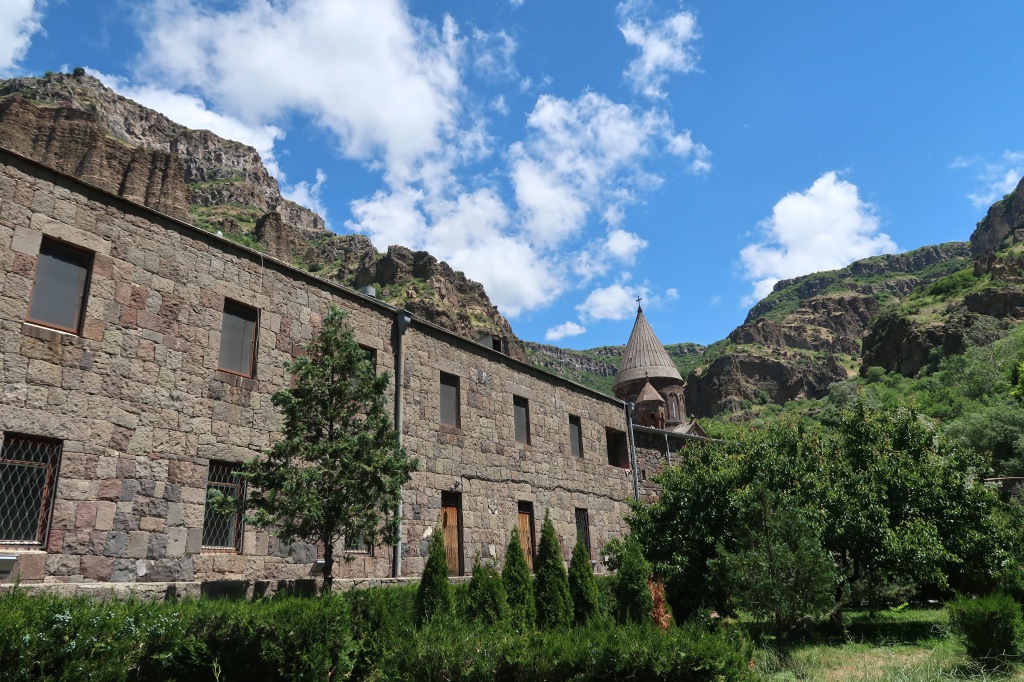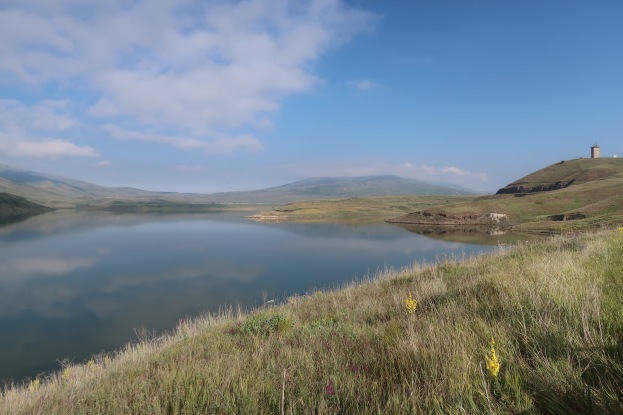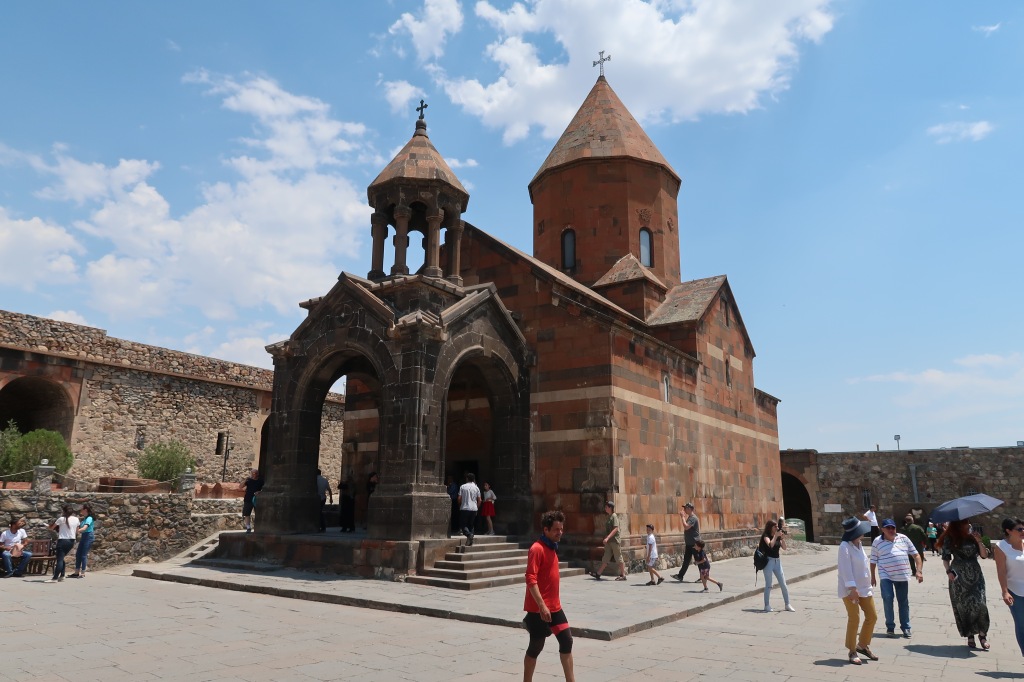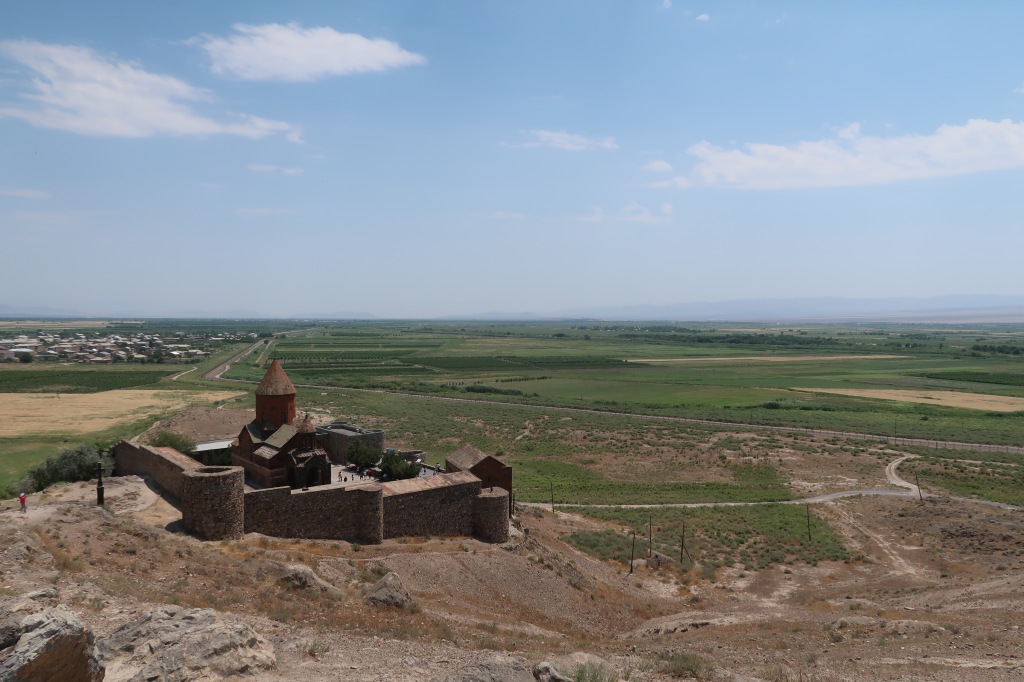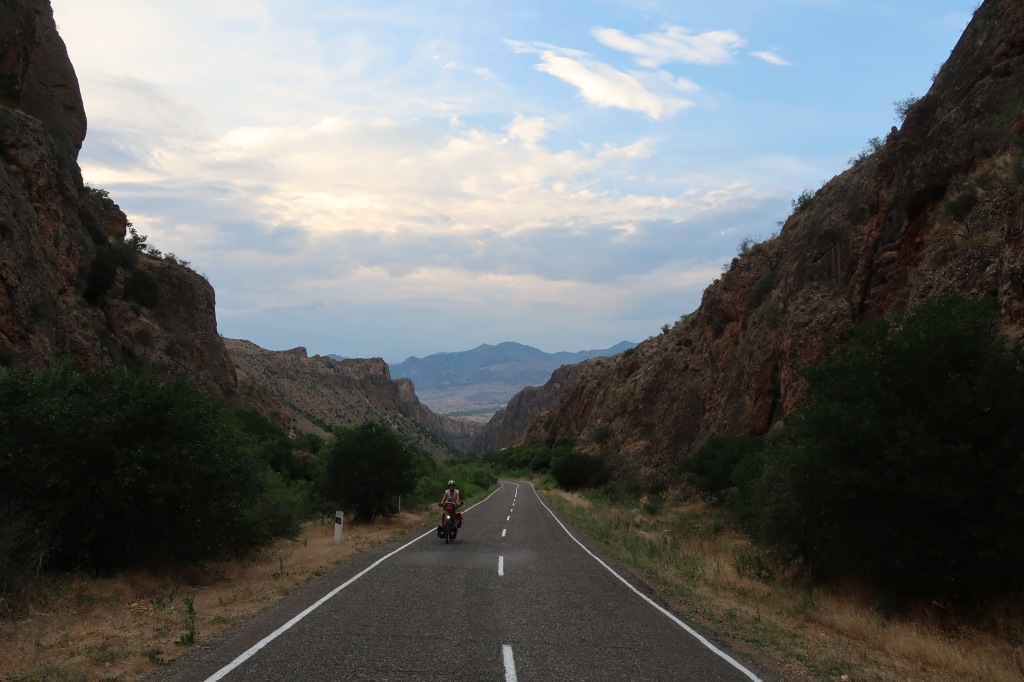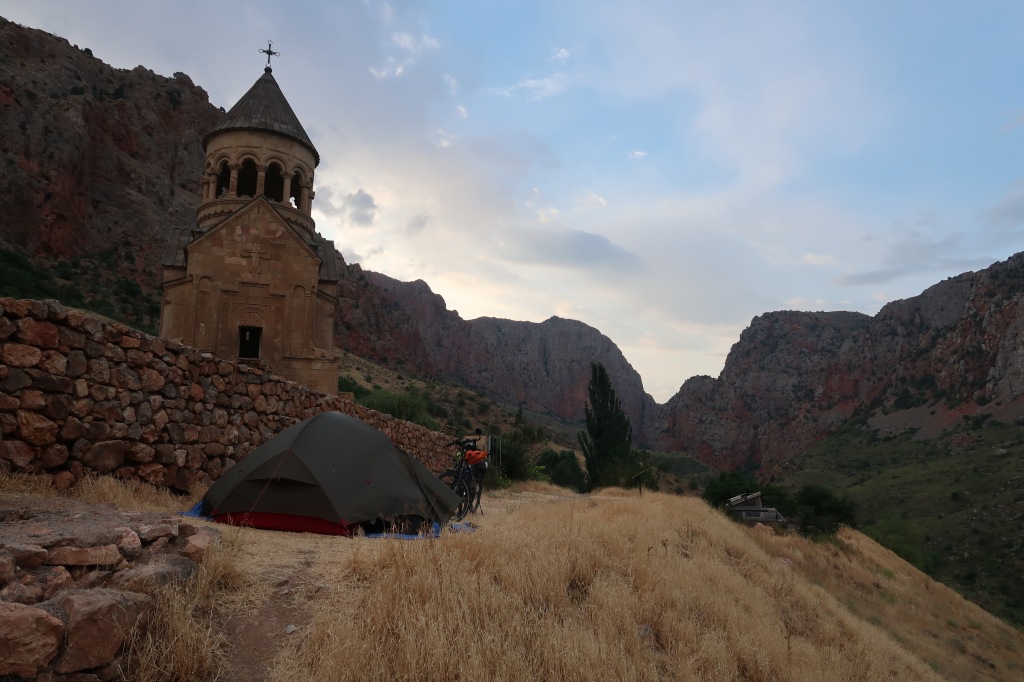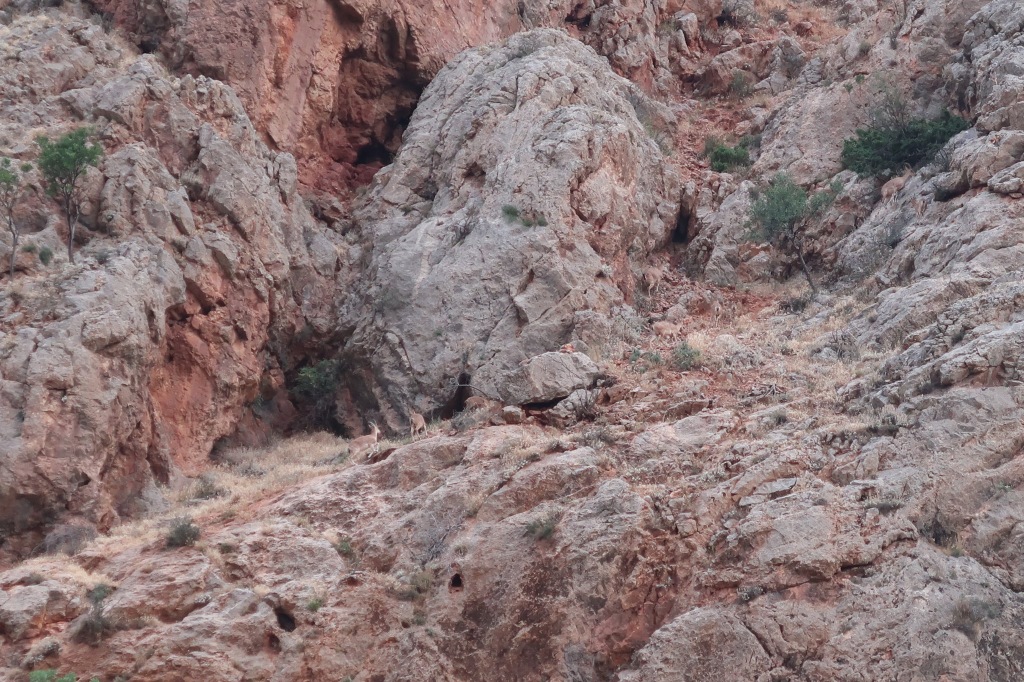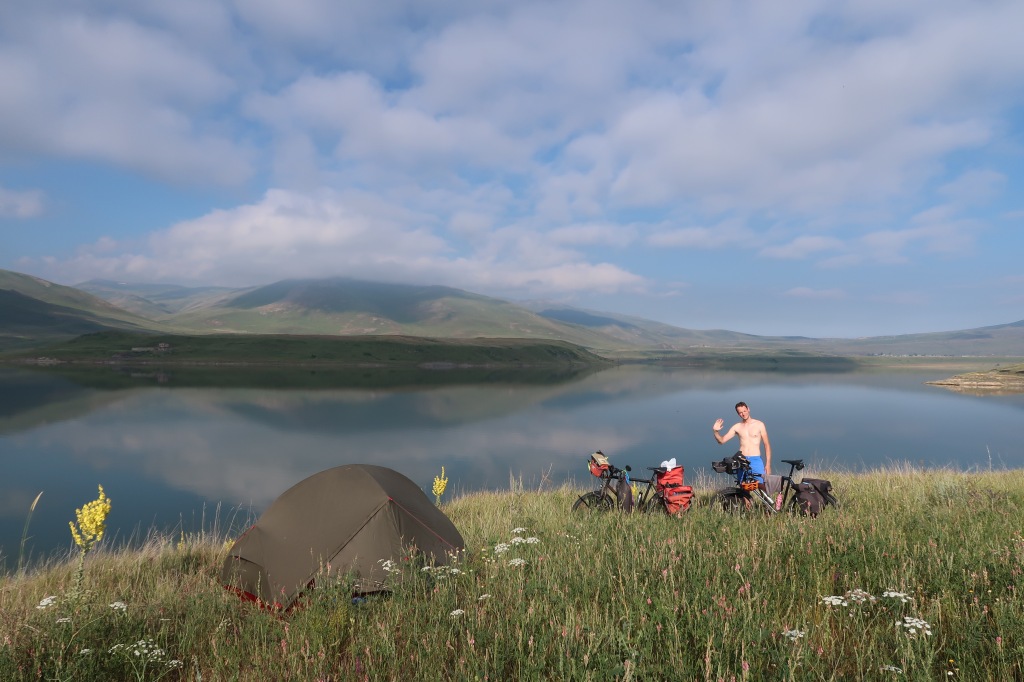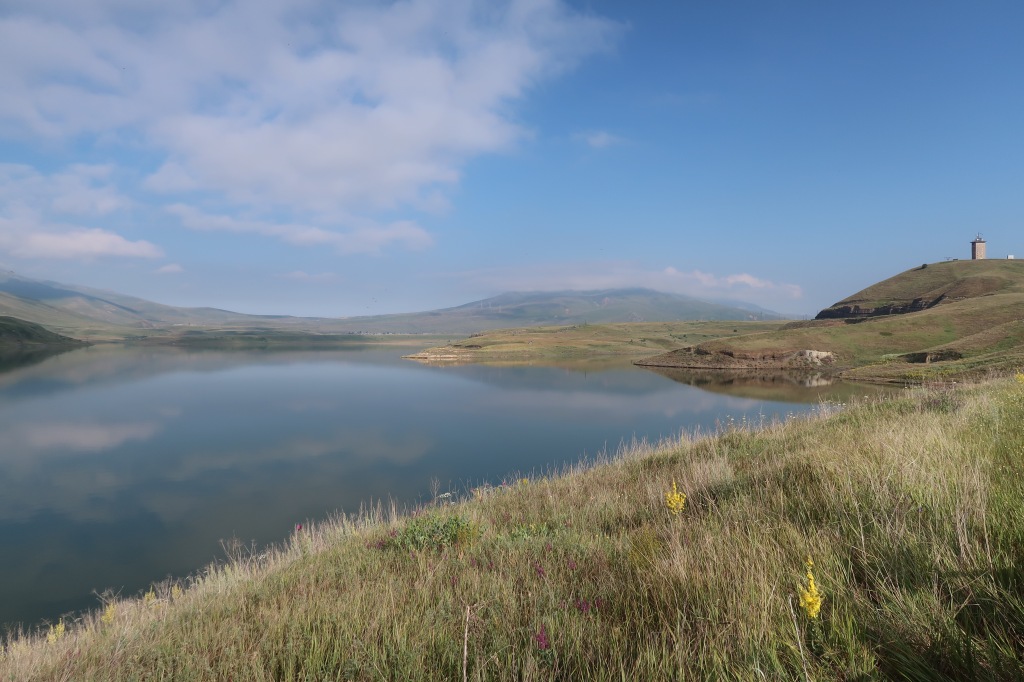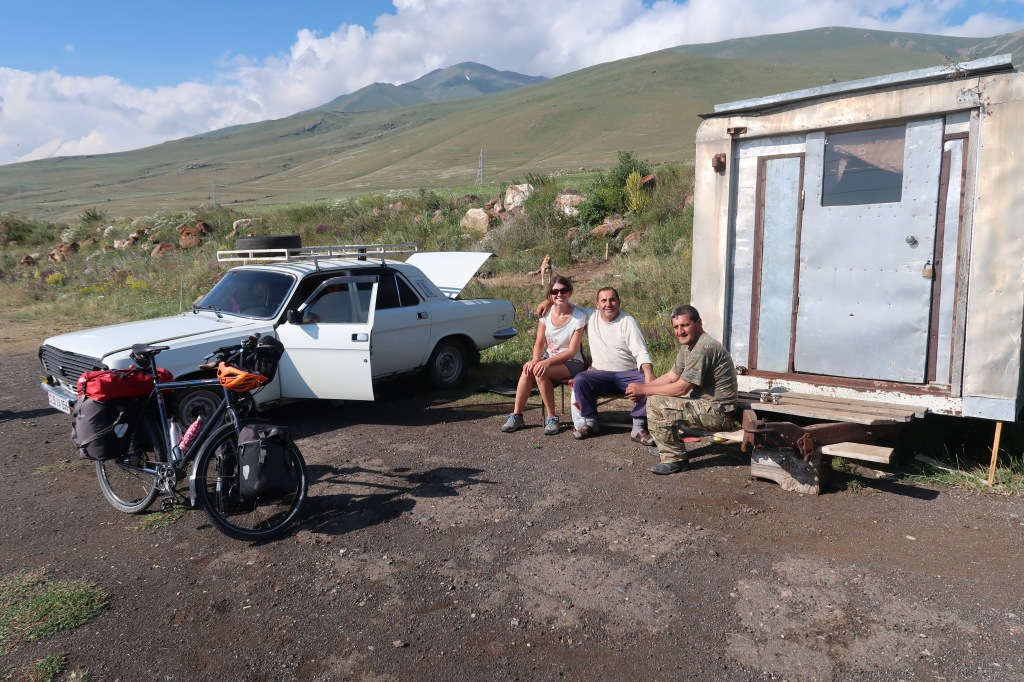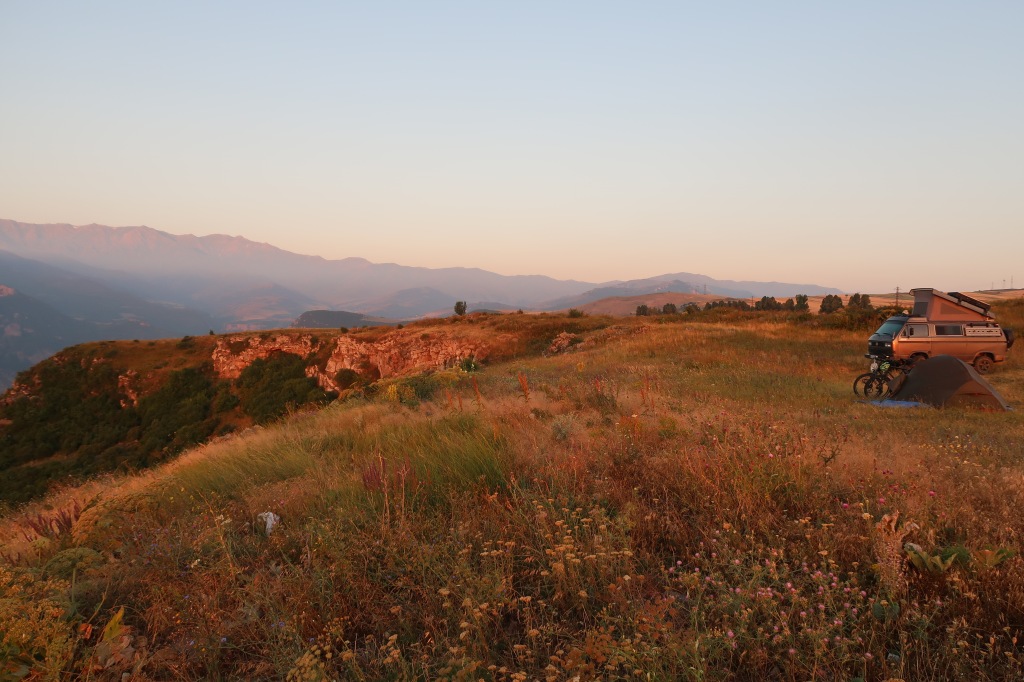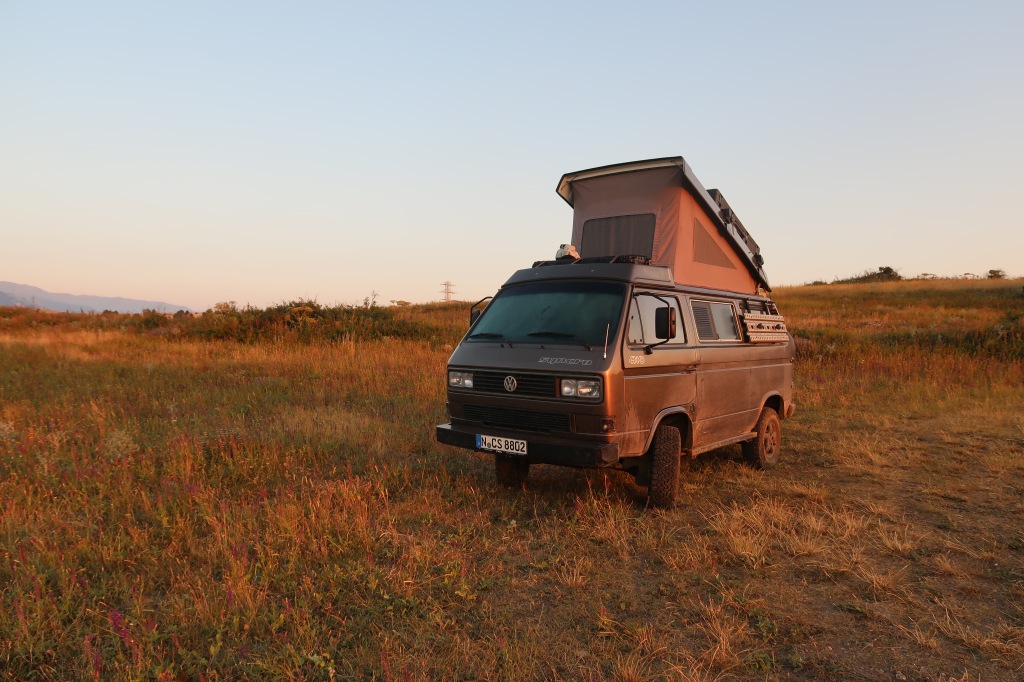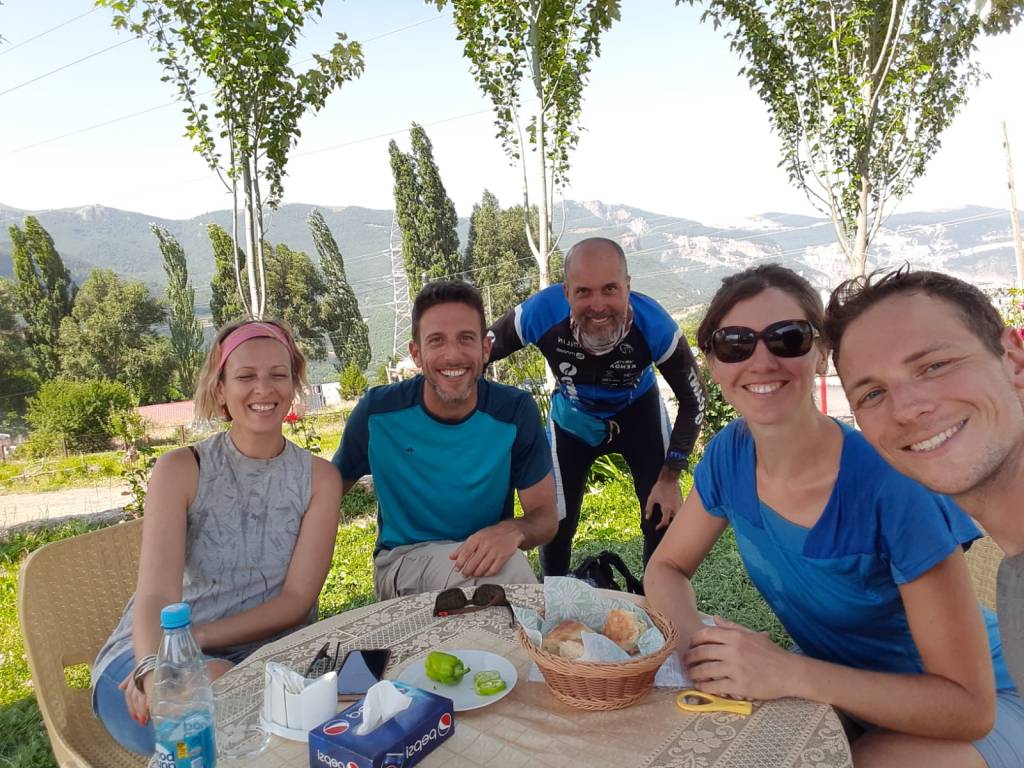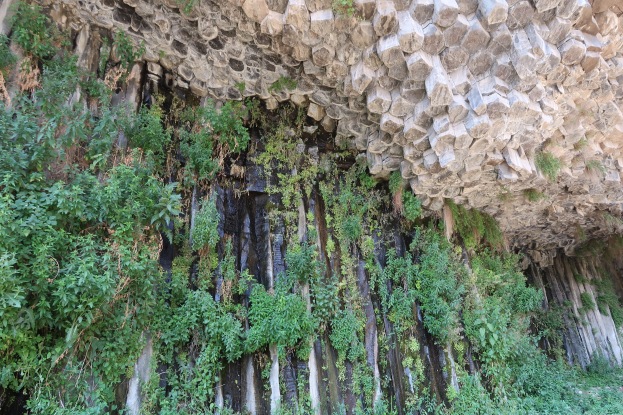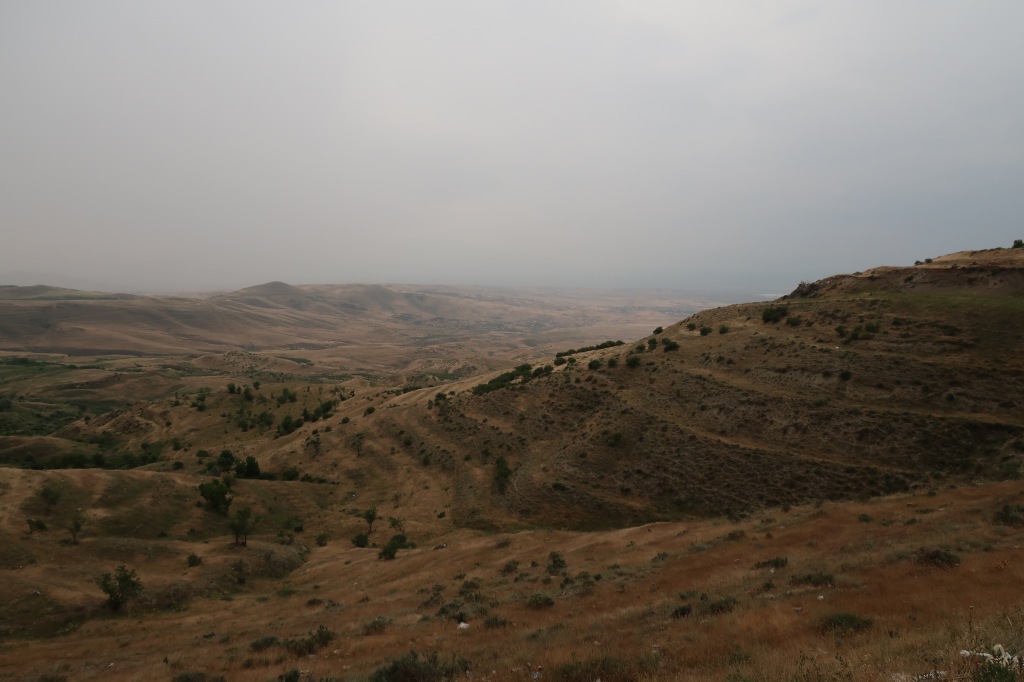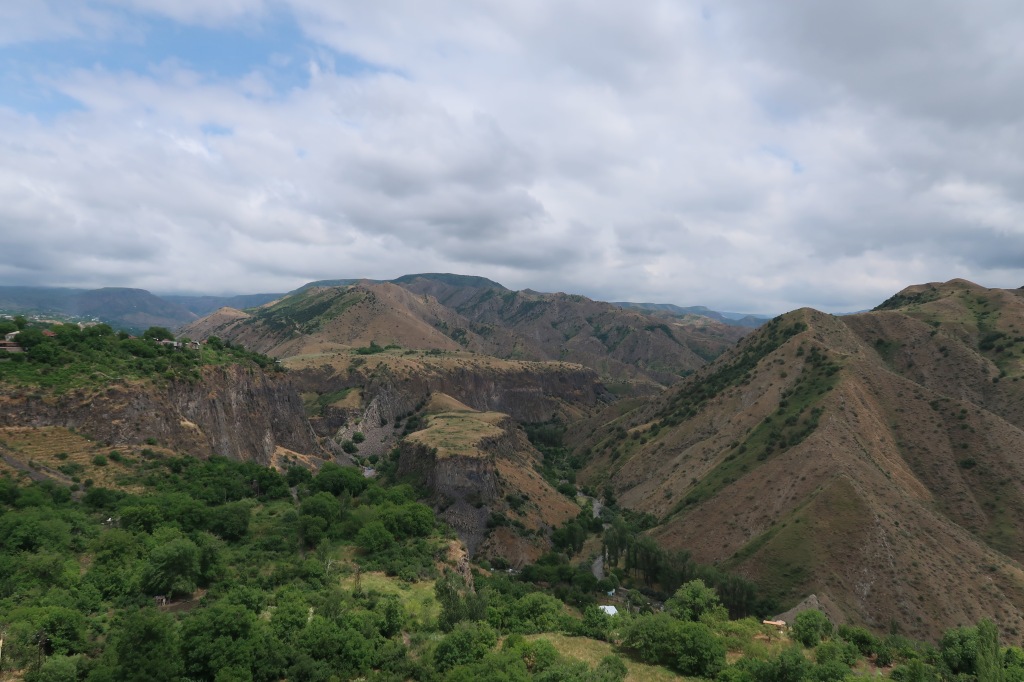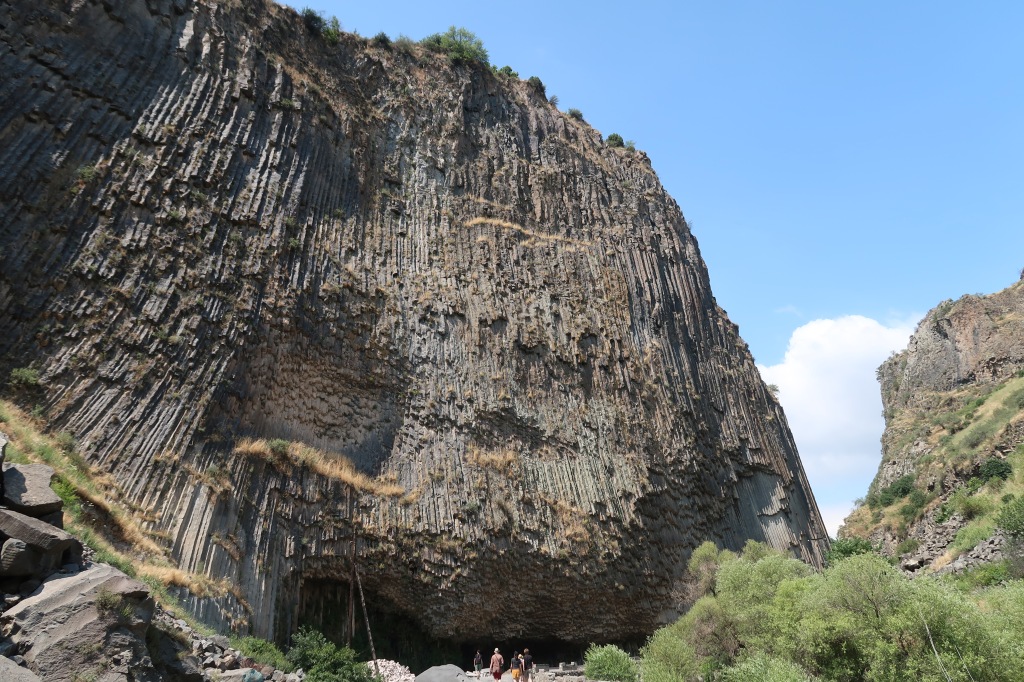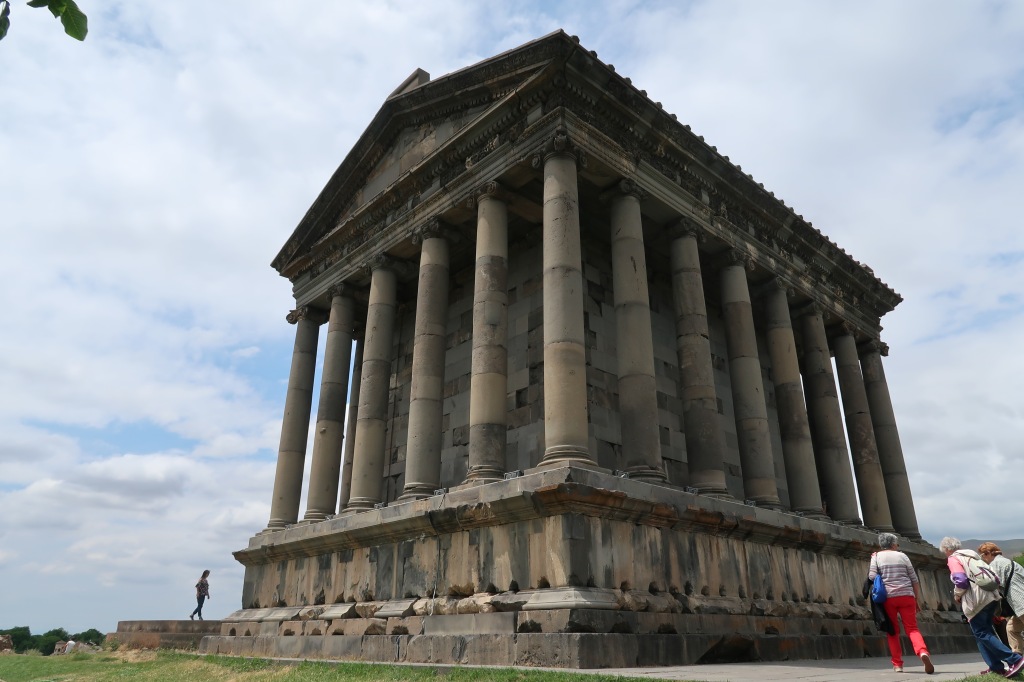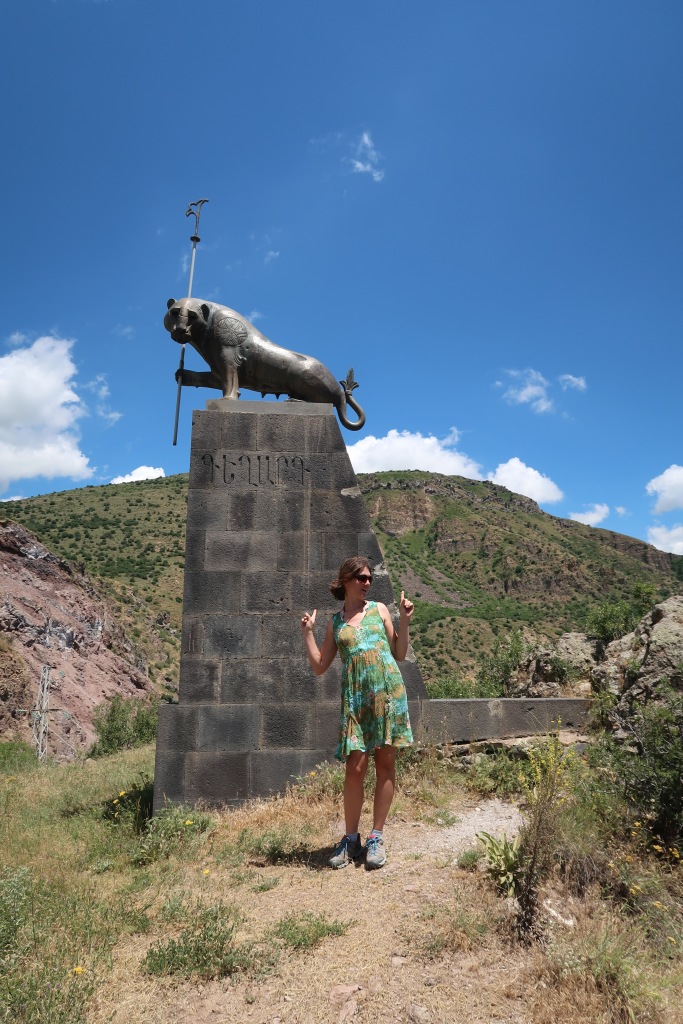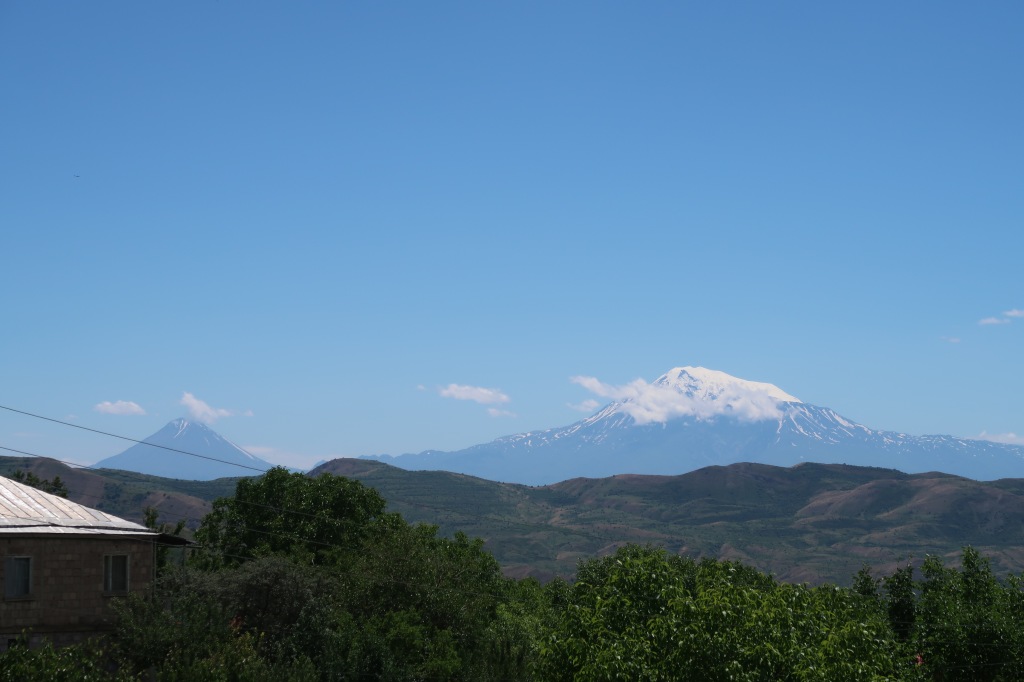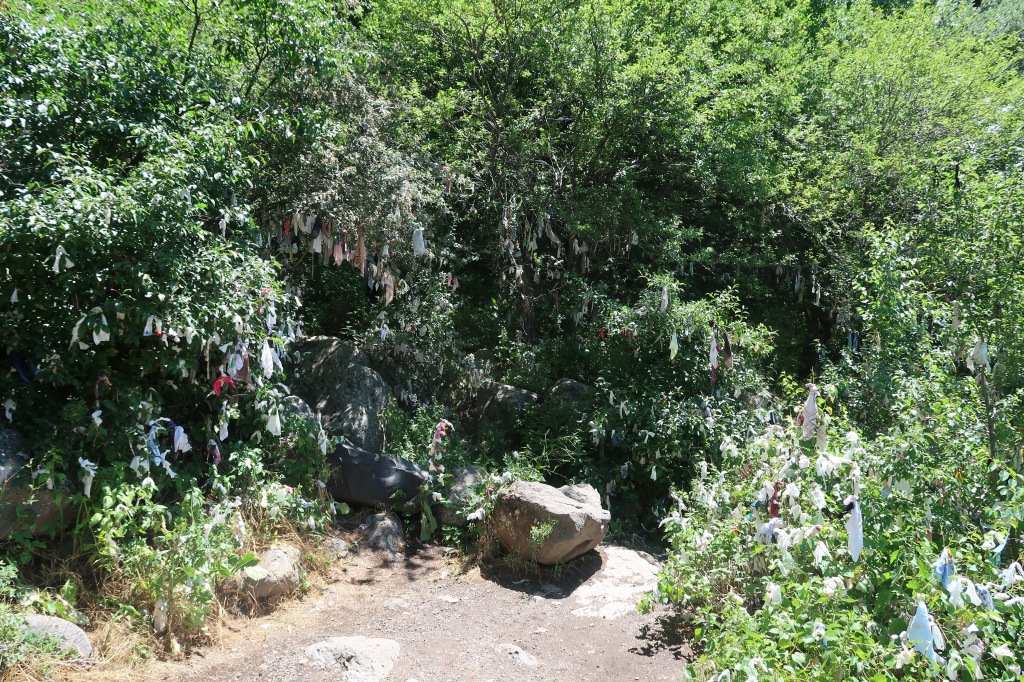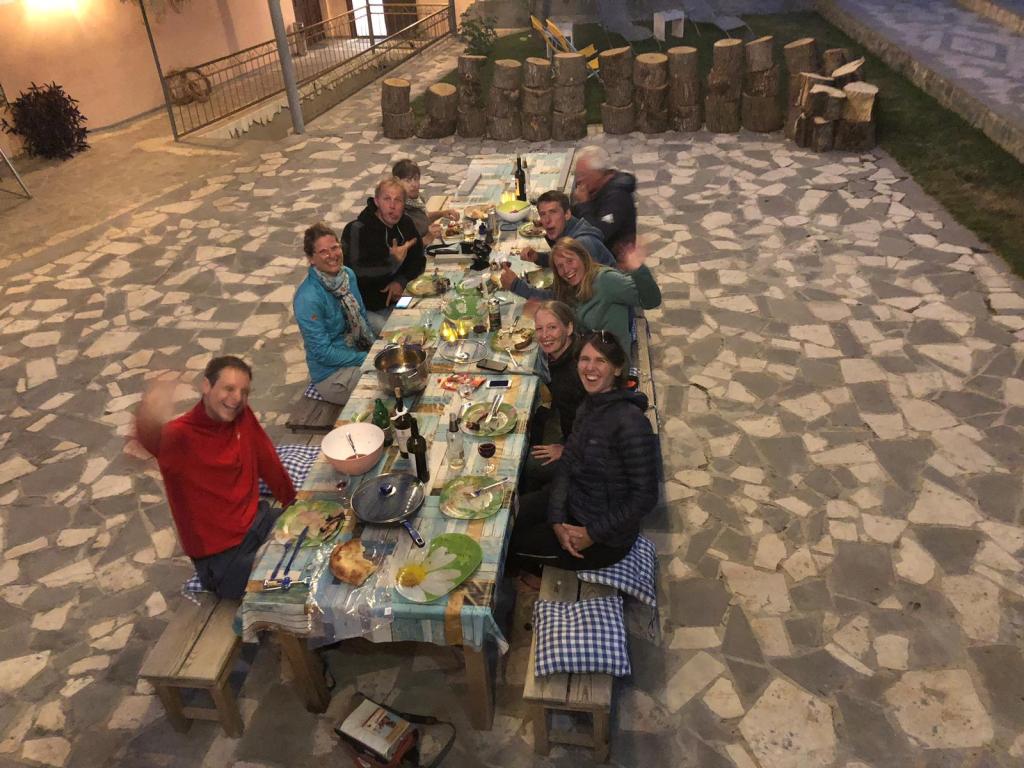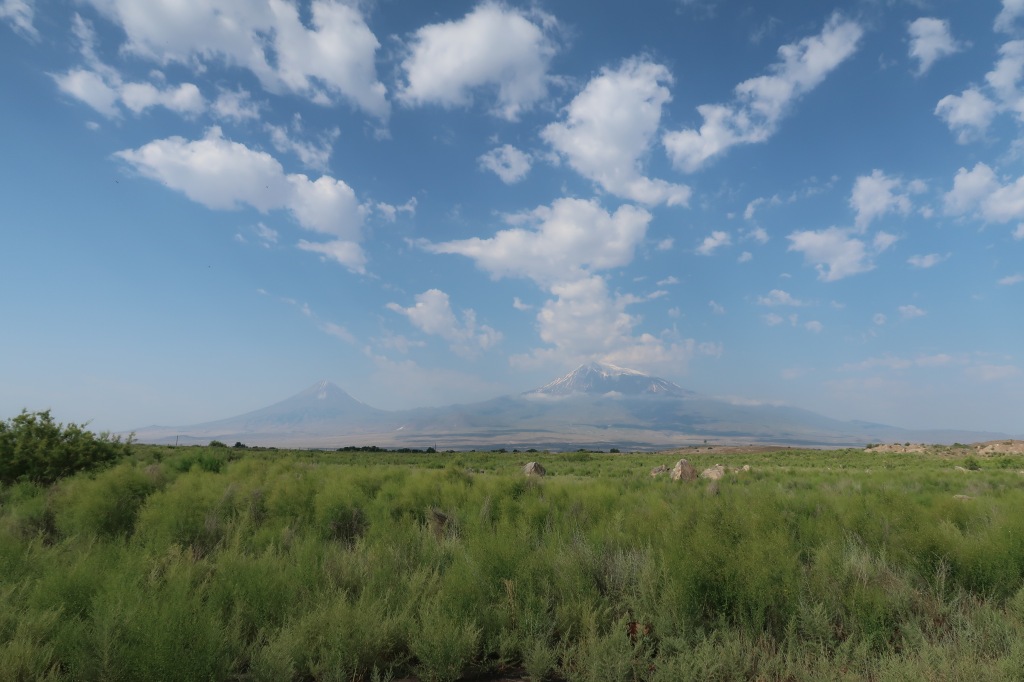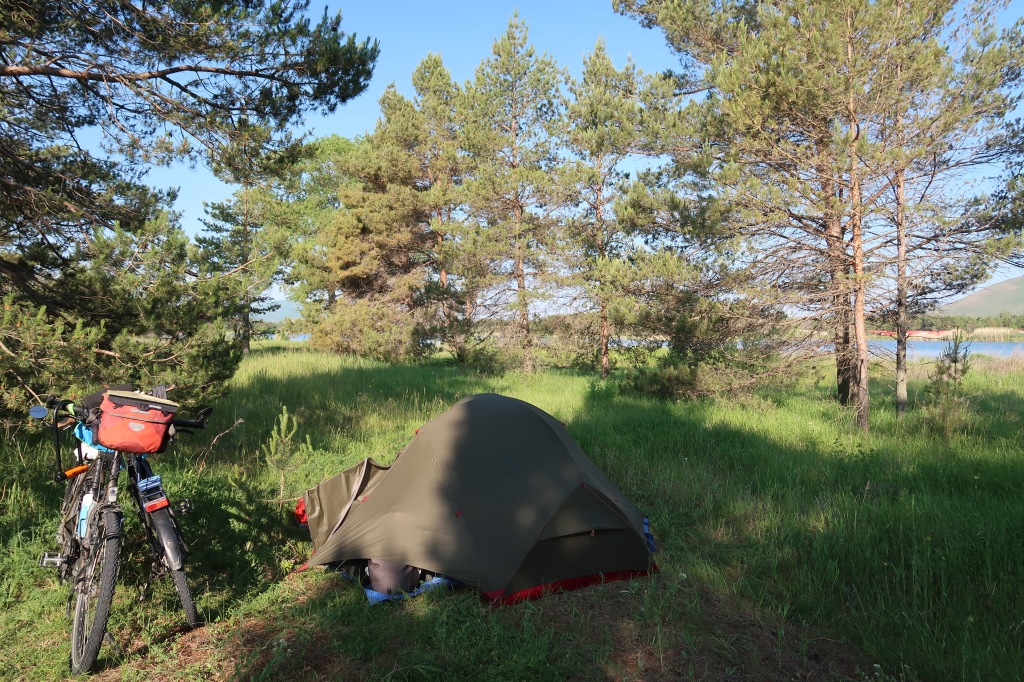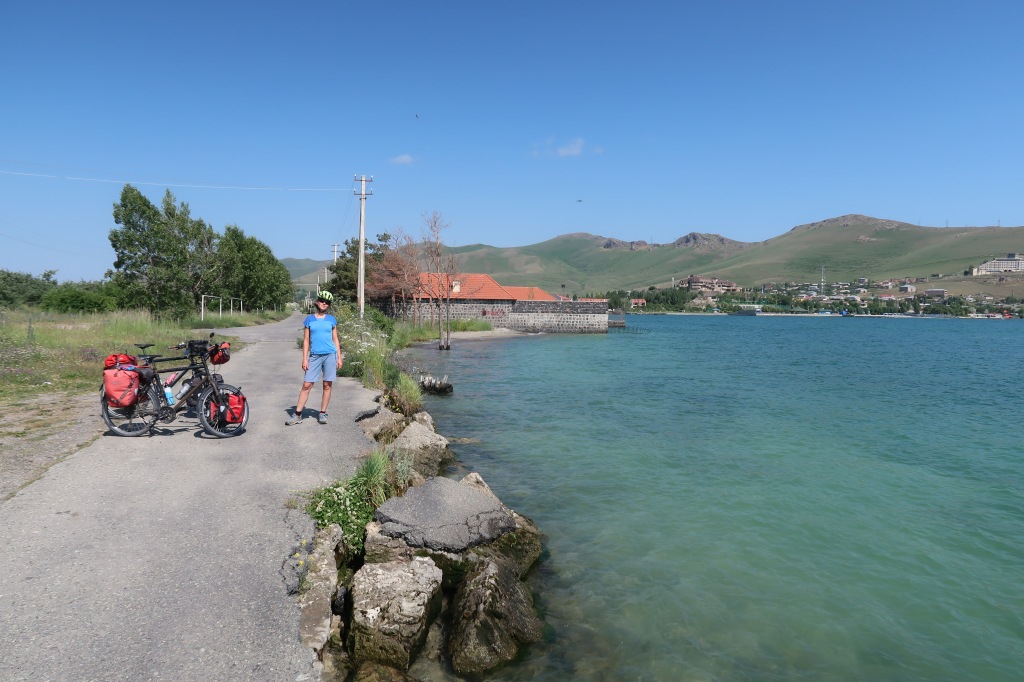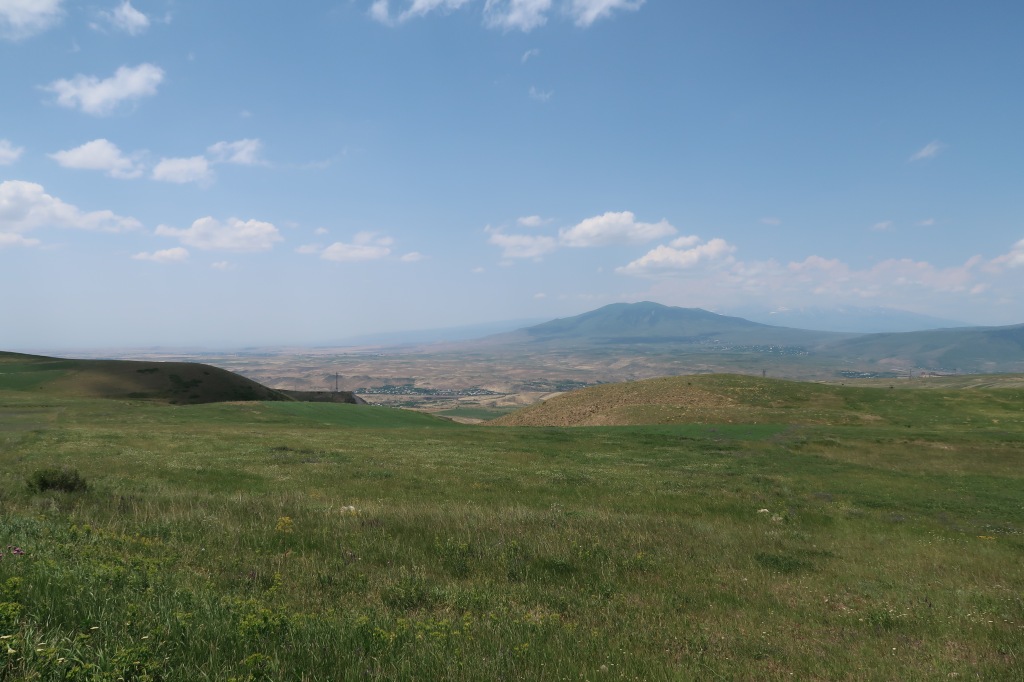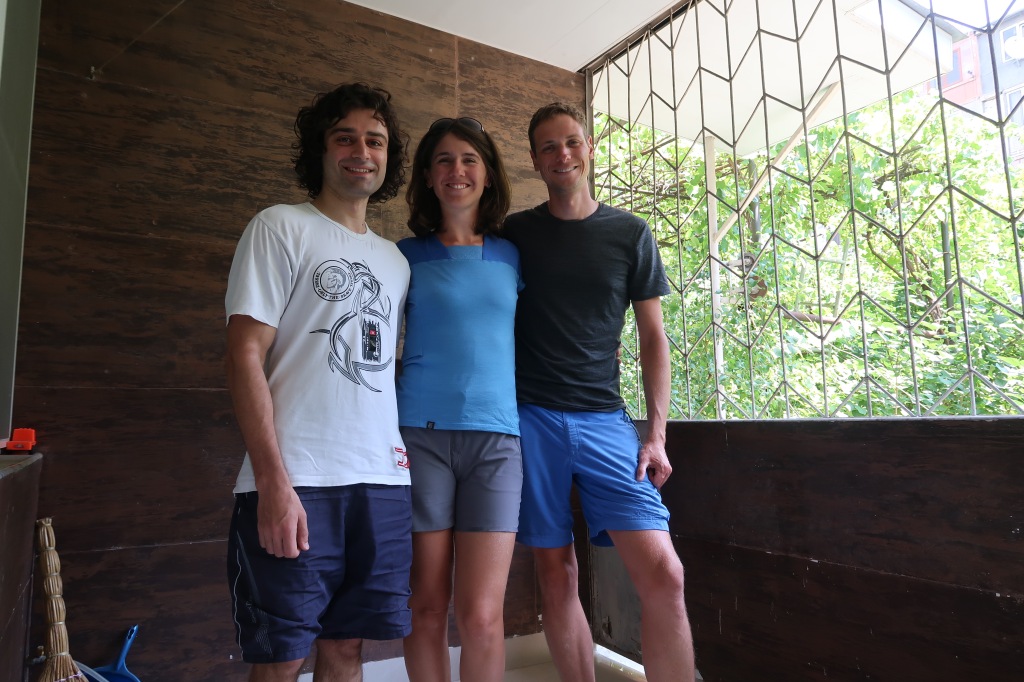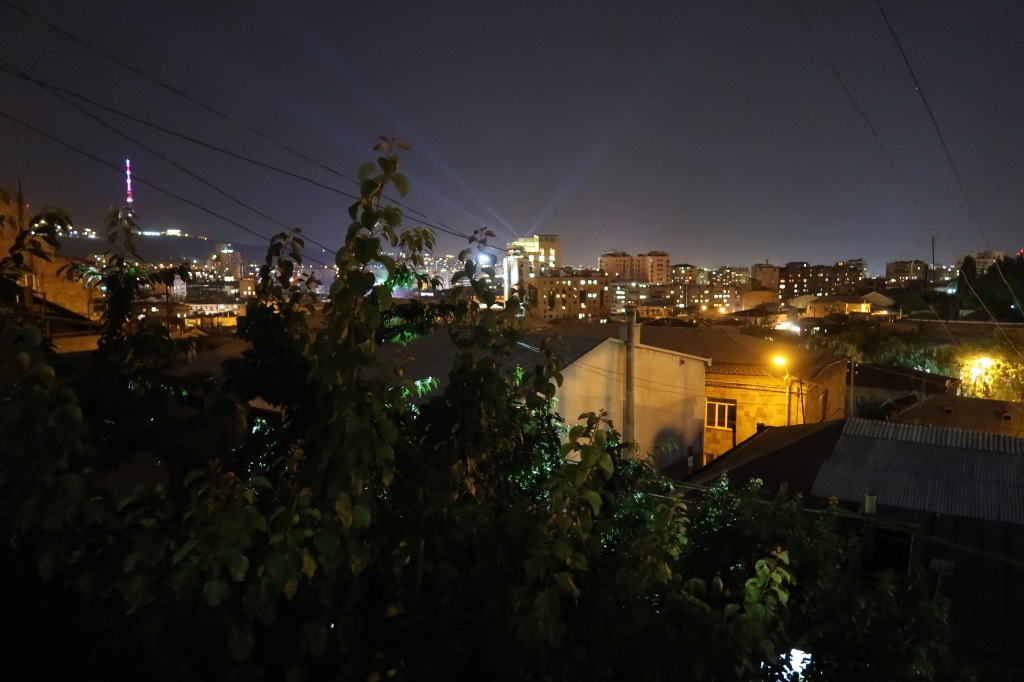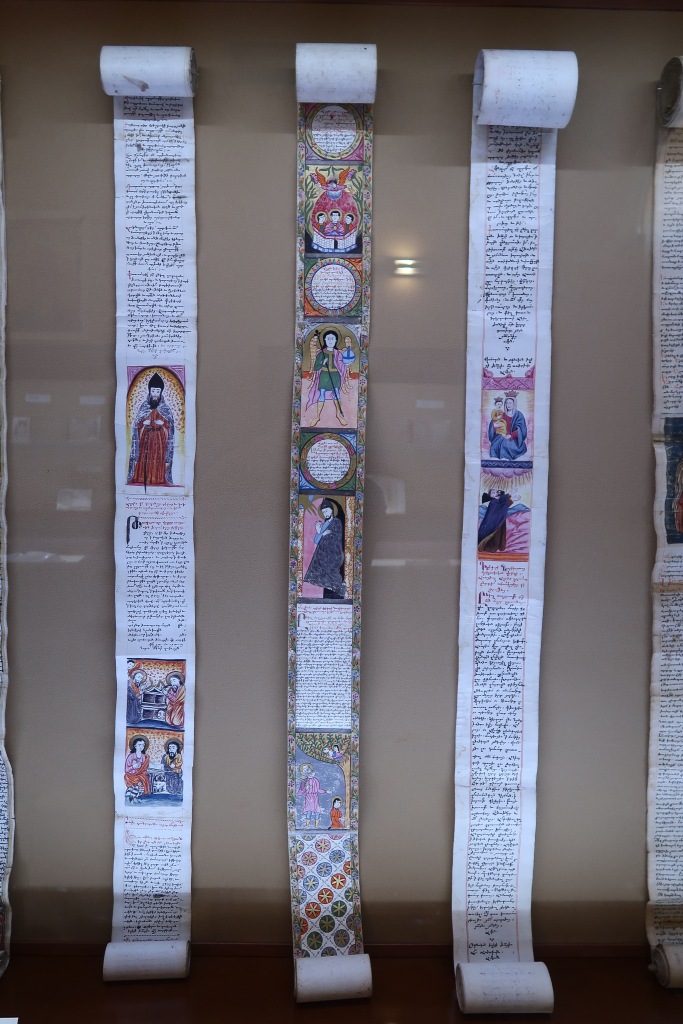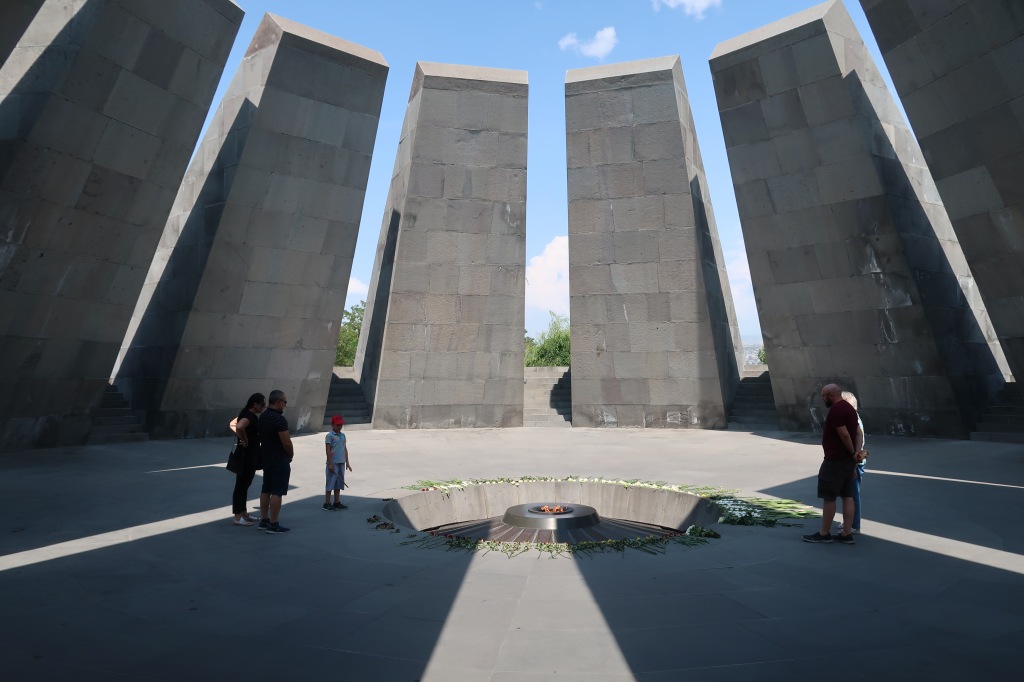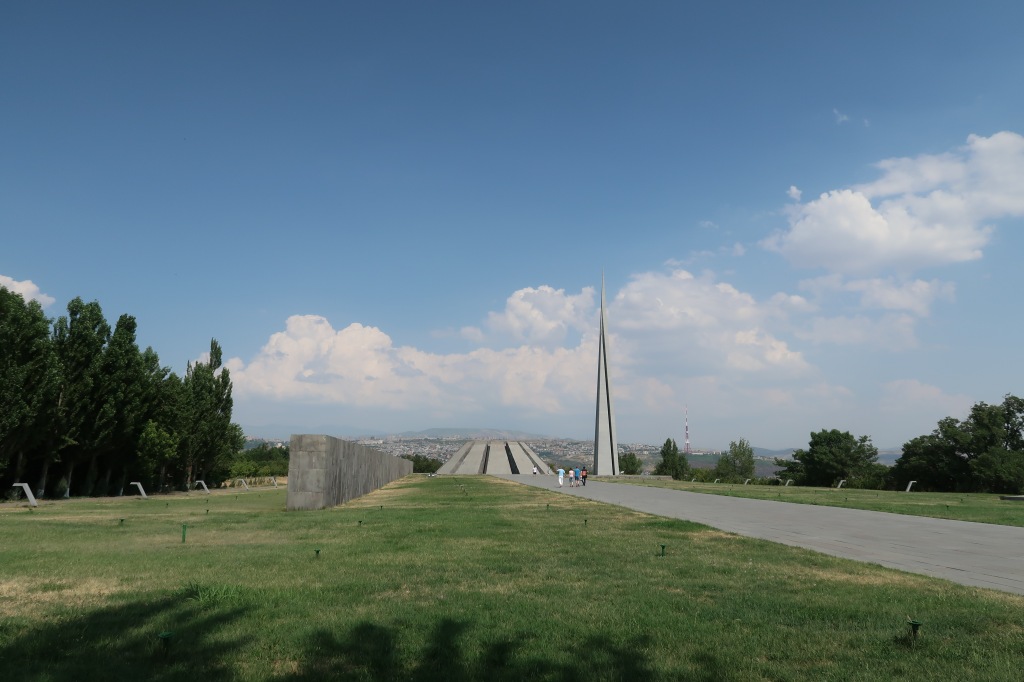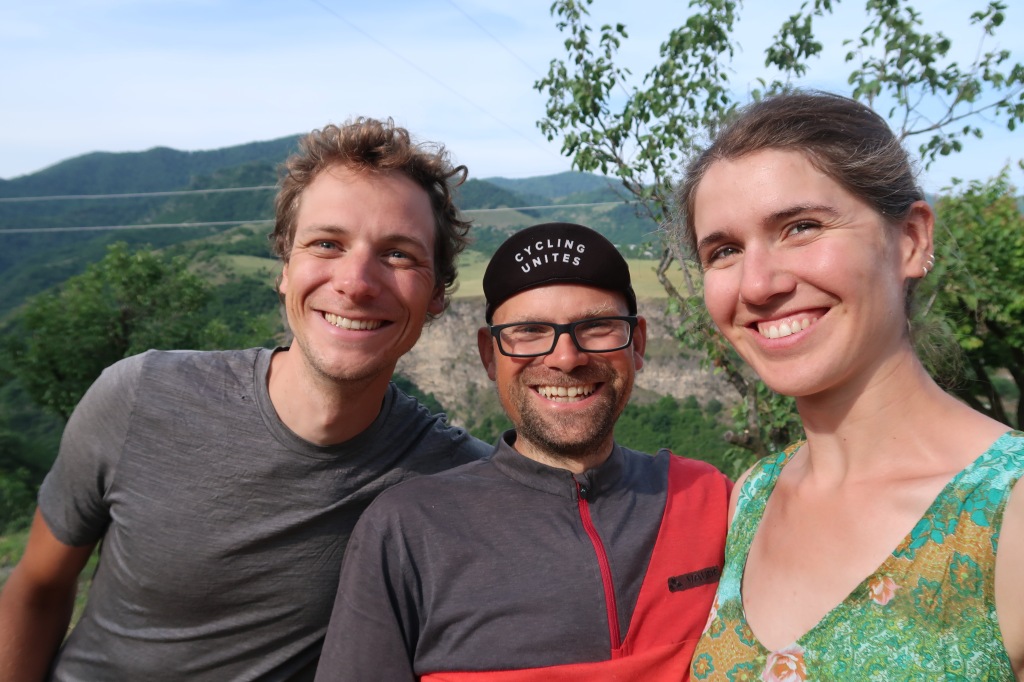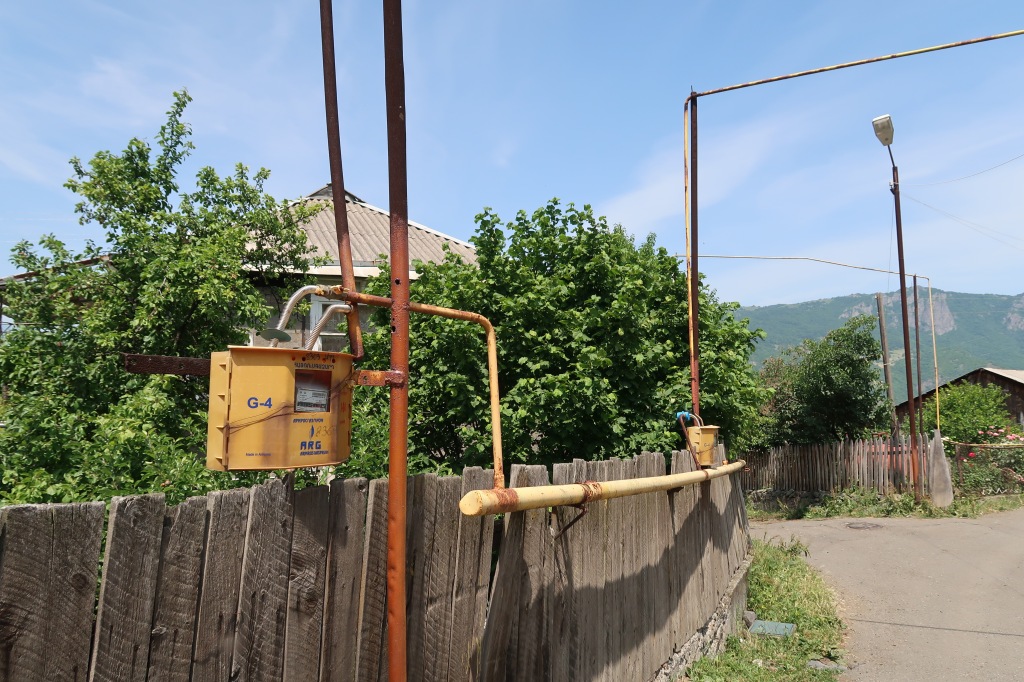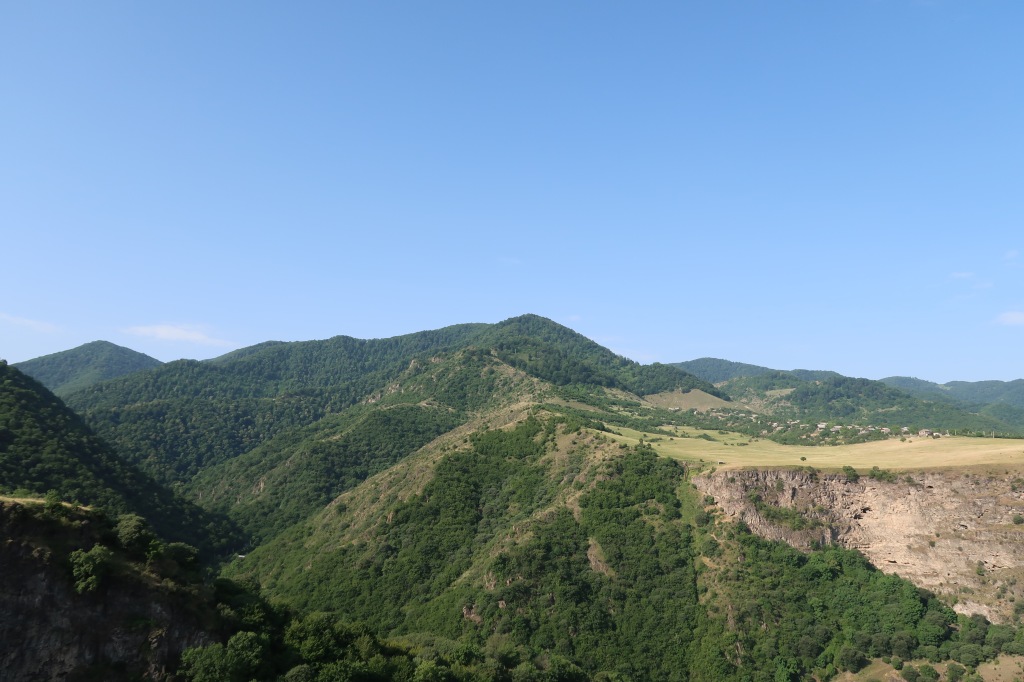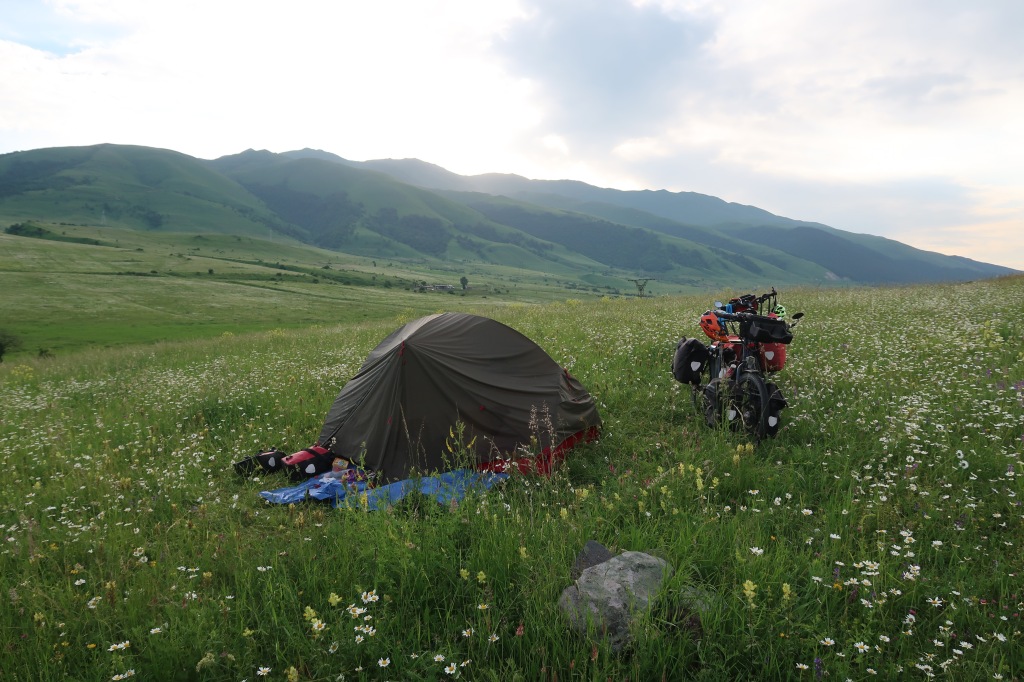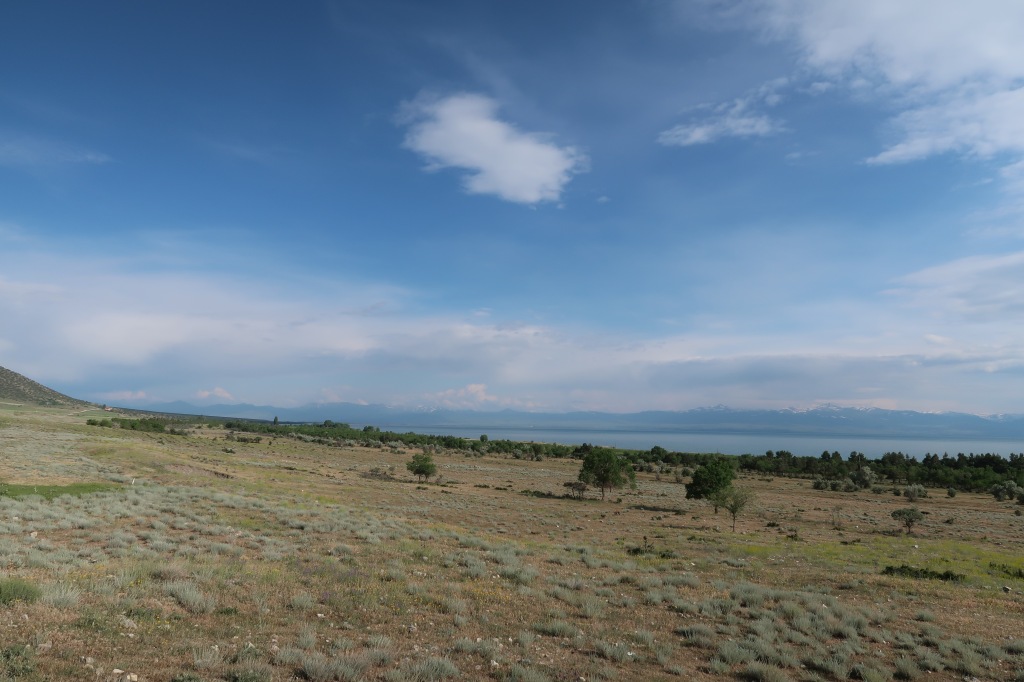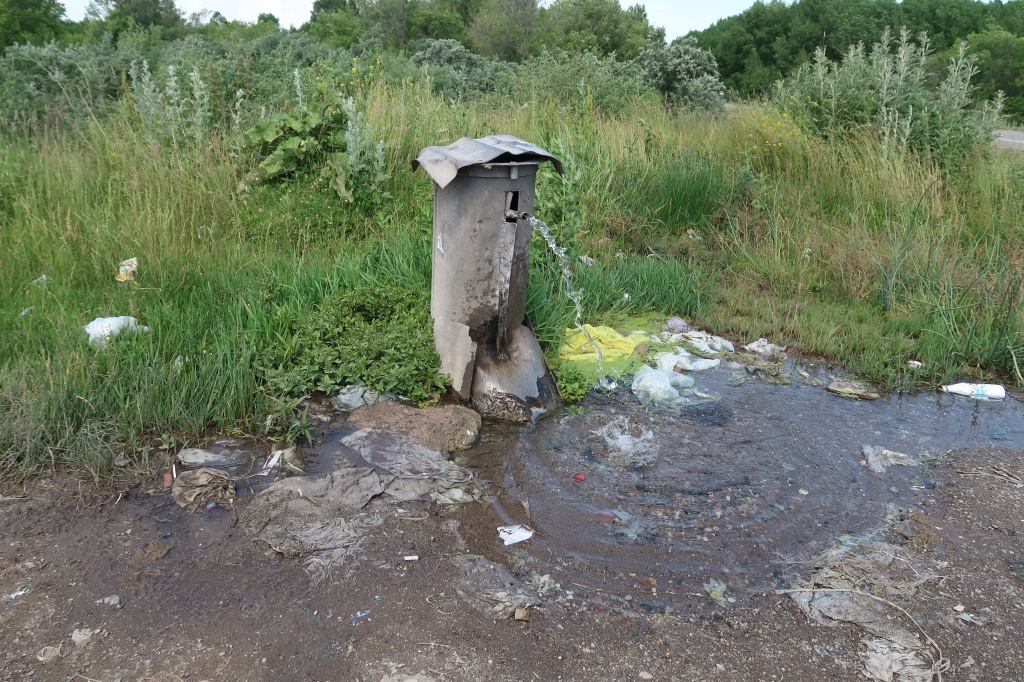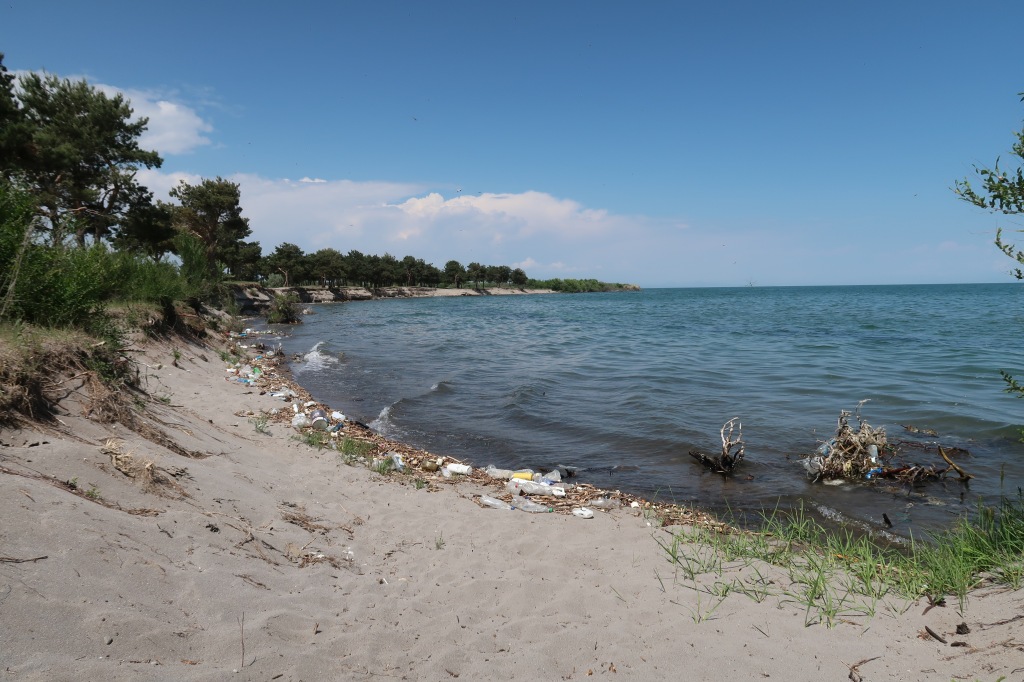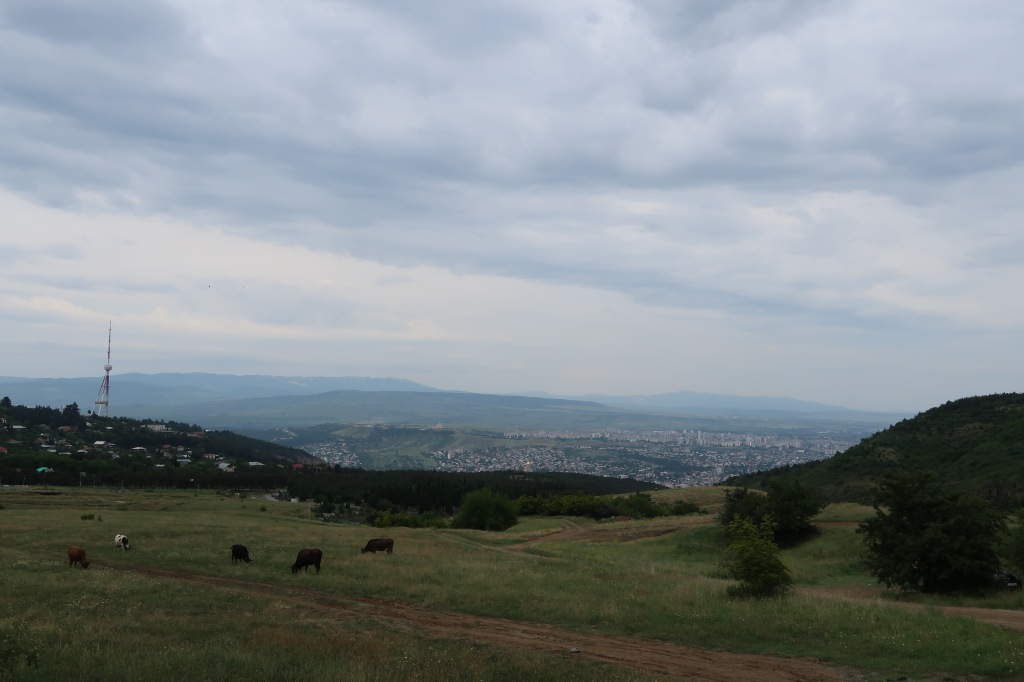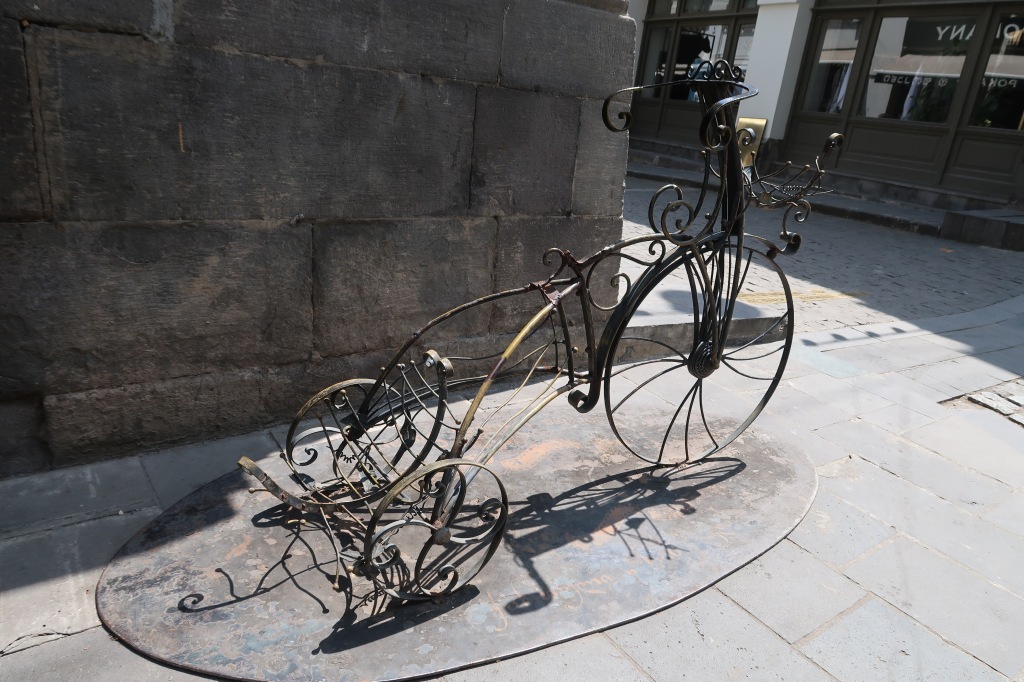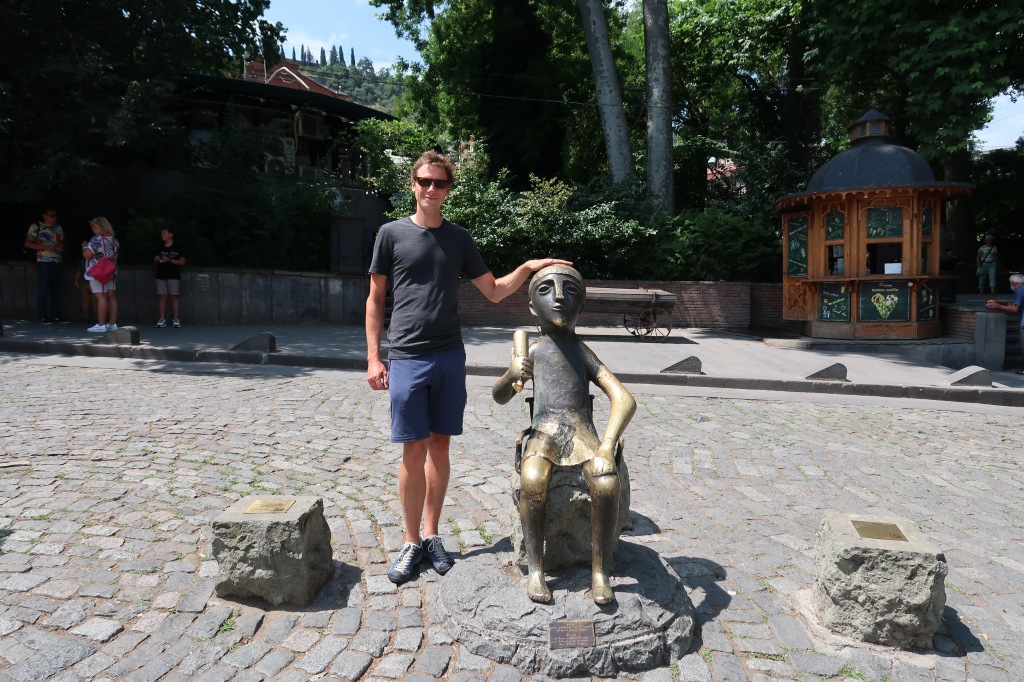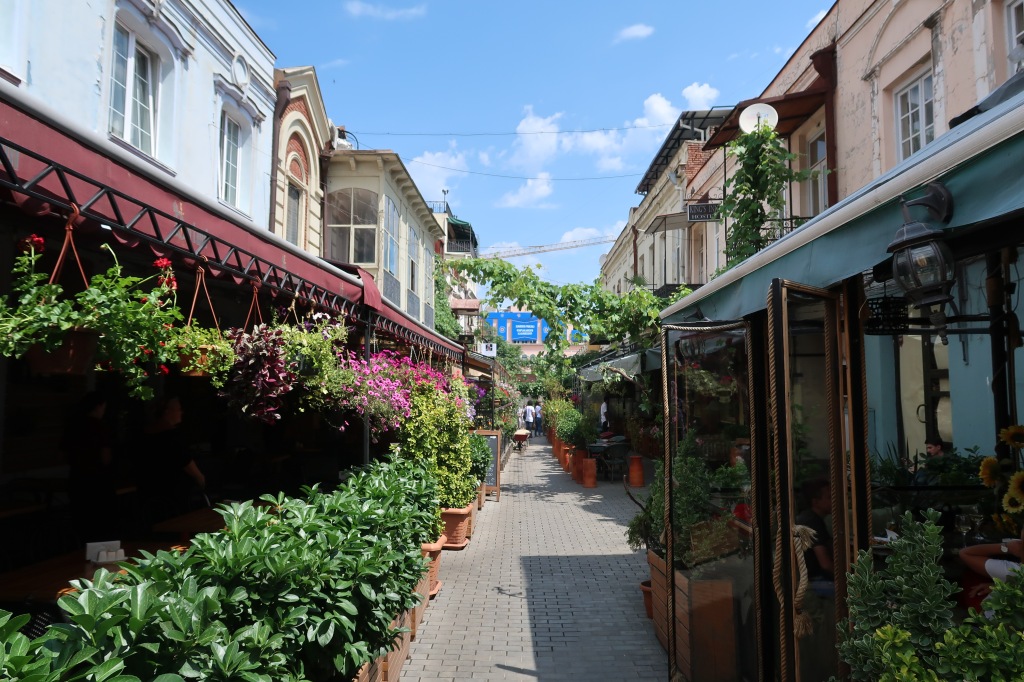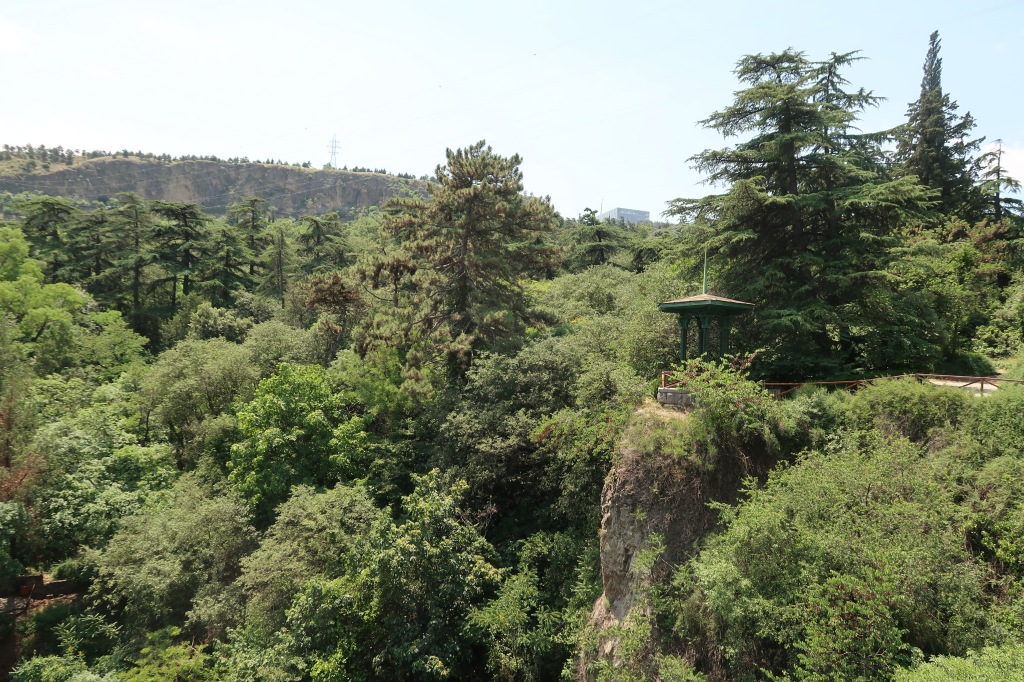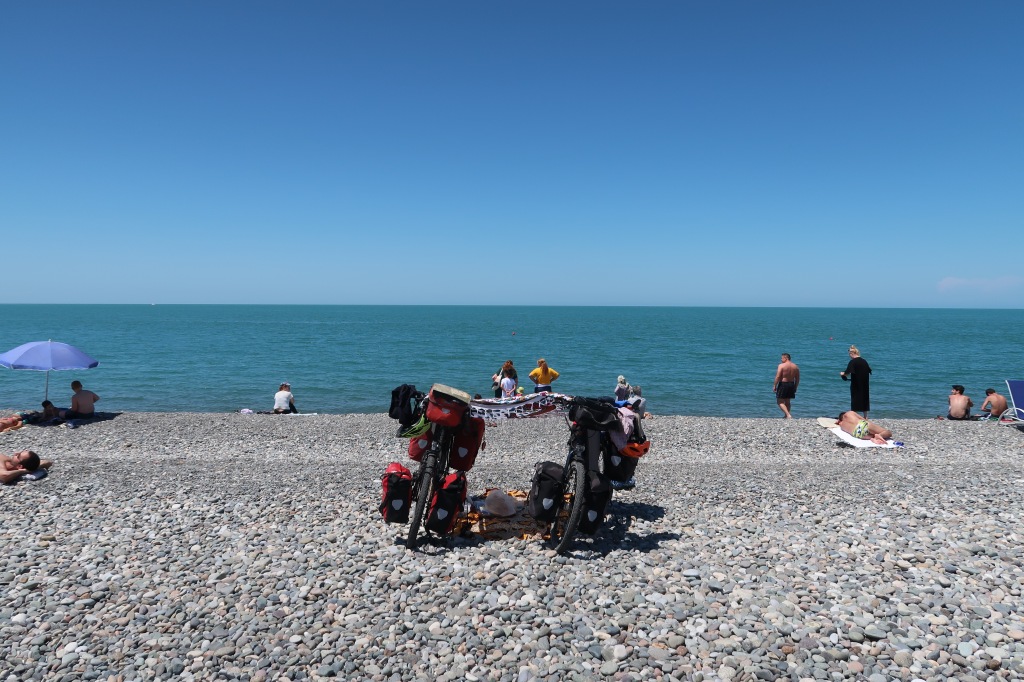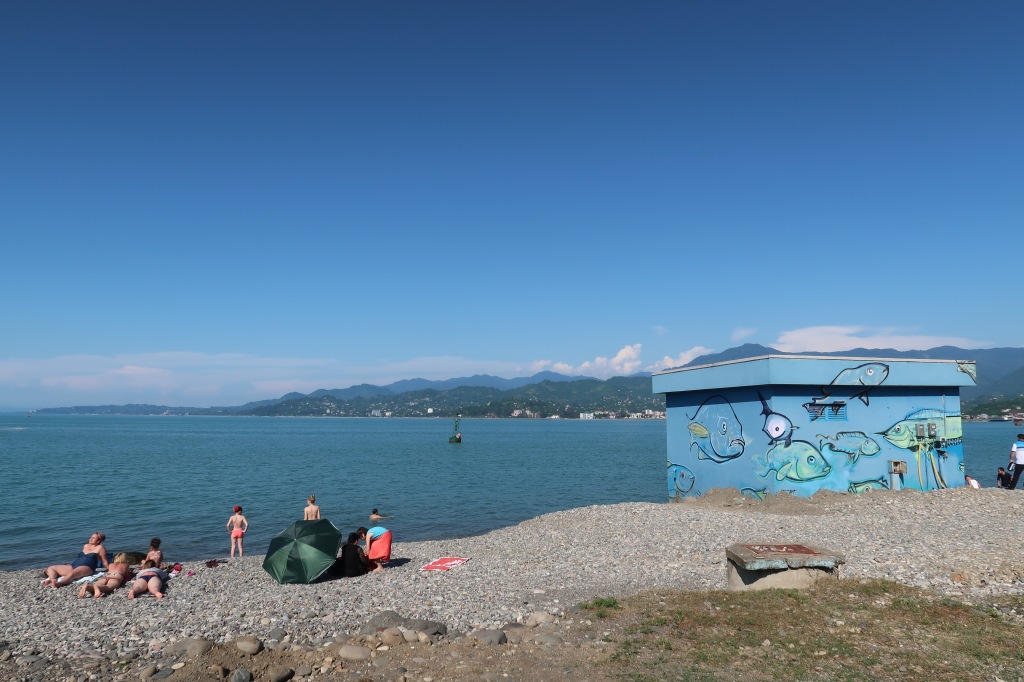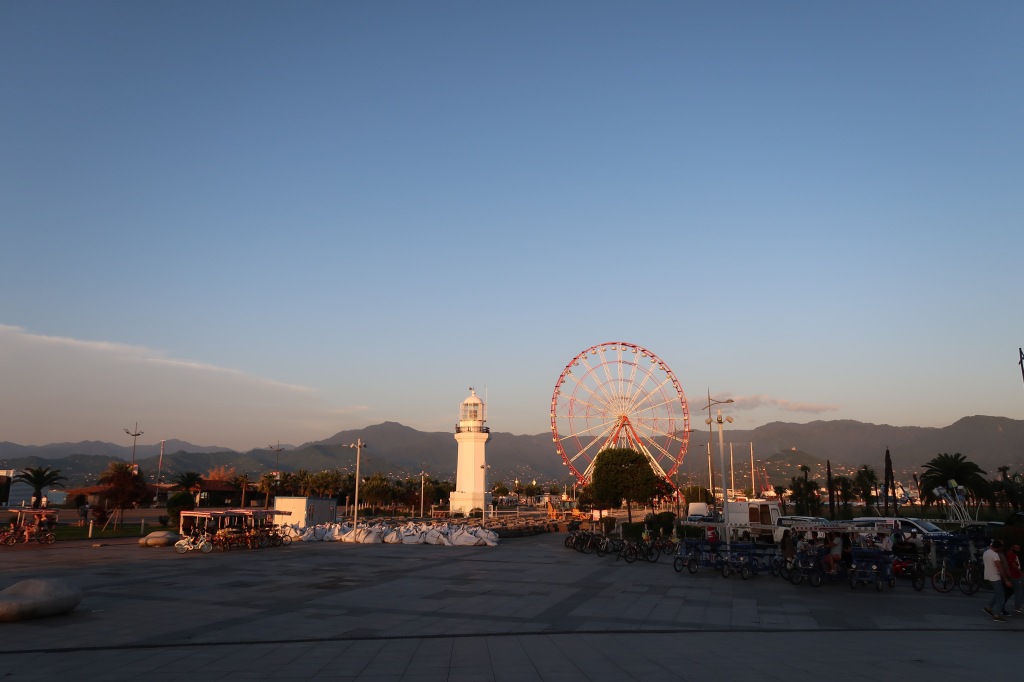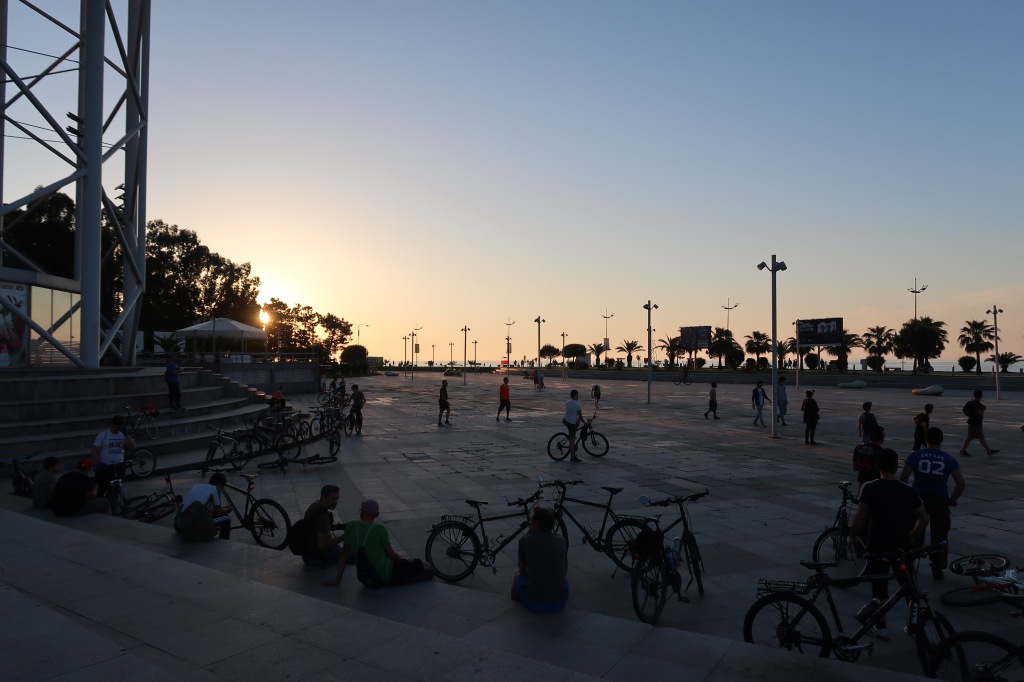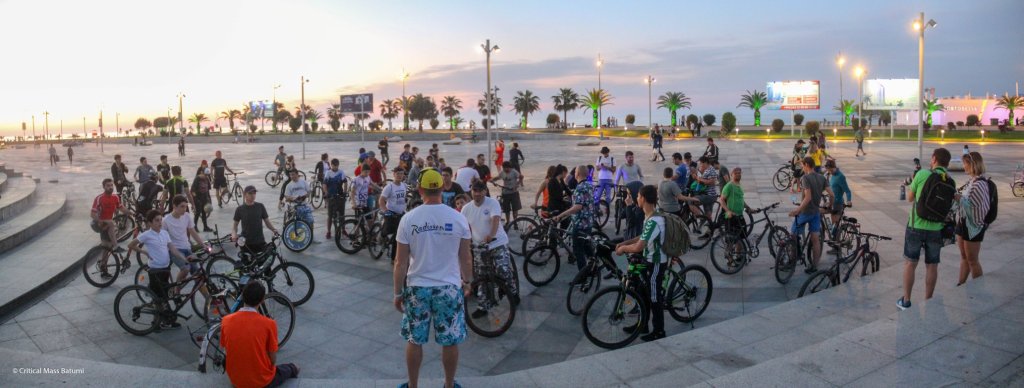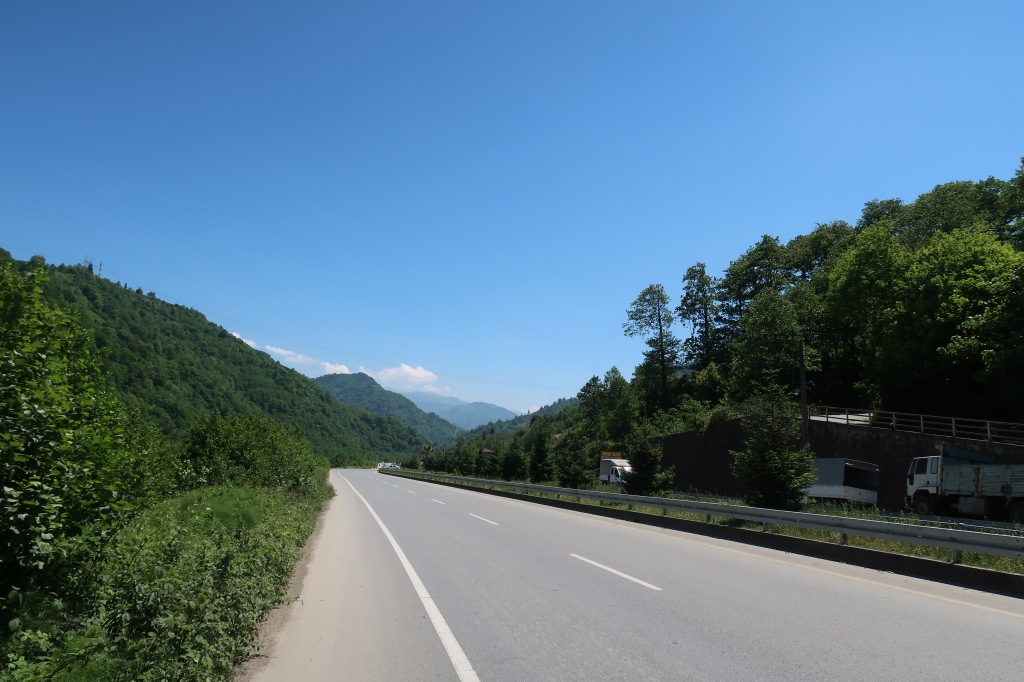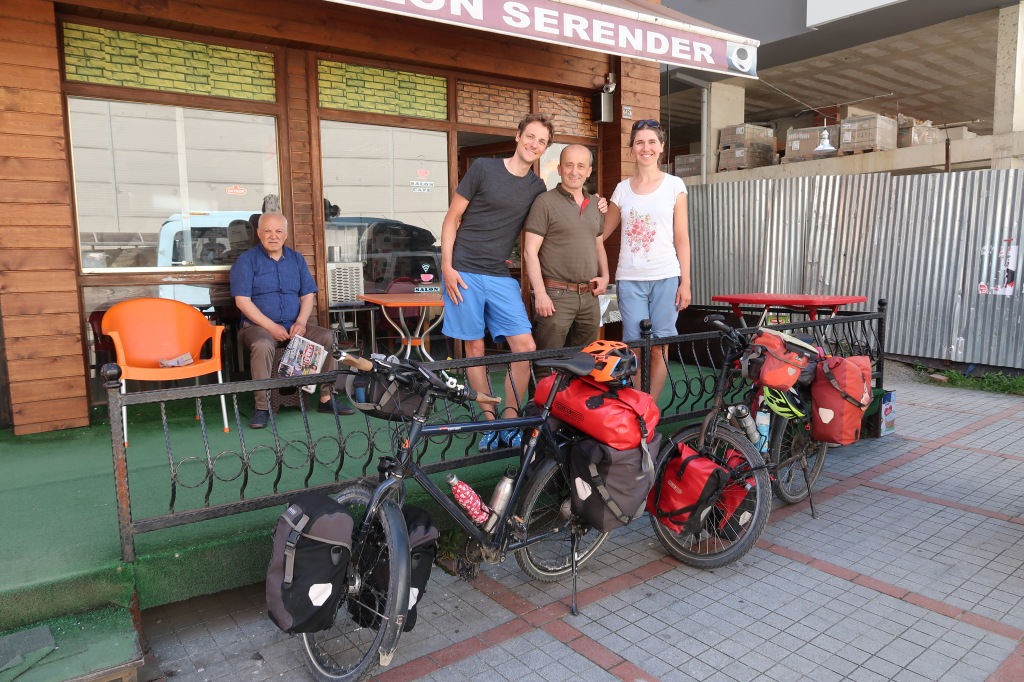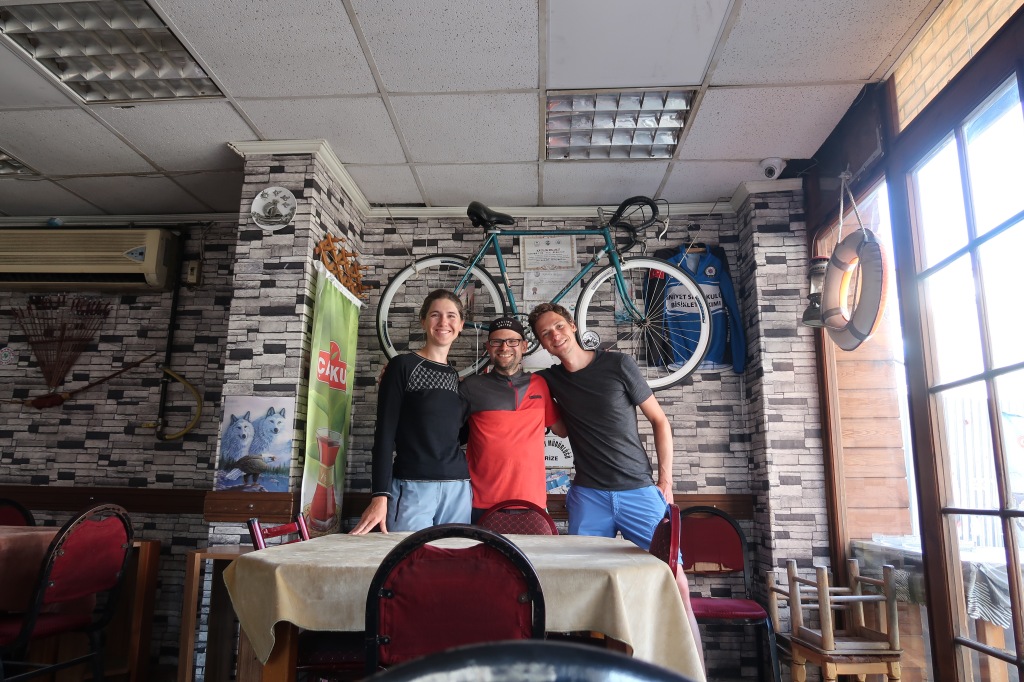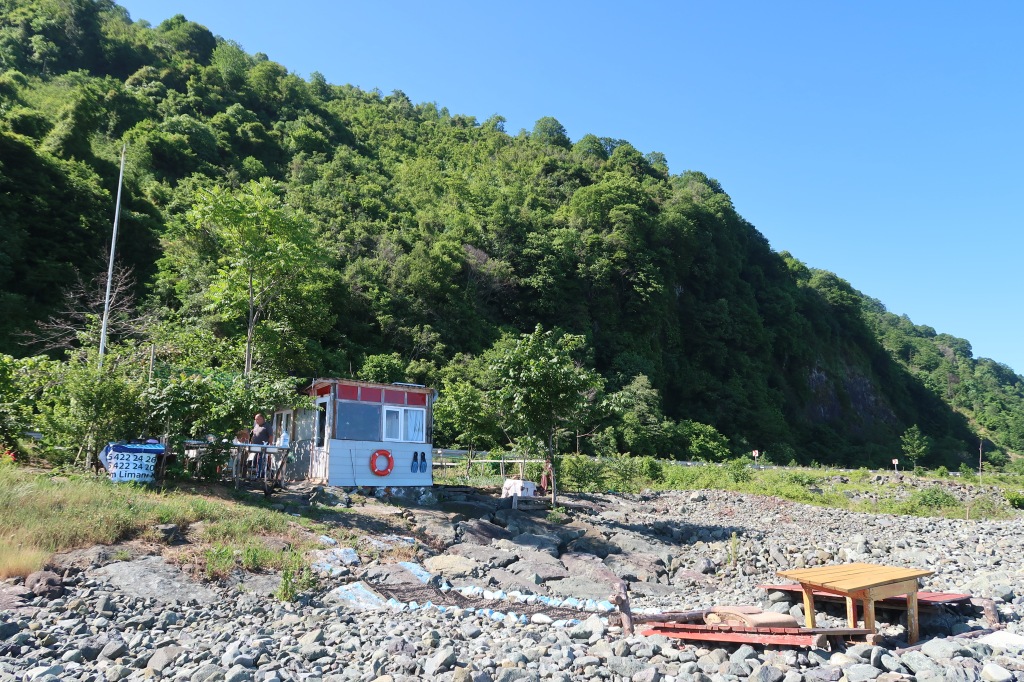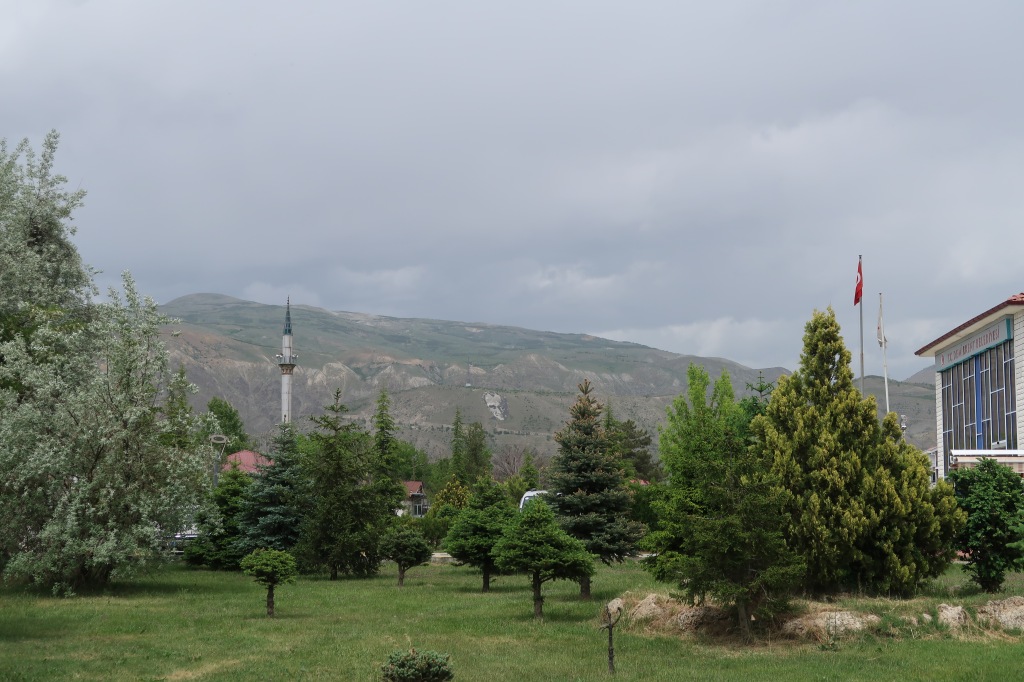July 15th – 48kms, 800+, Astarqan
July 16th – 83kms, 1400+, Tabriz
July 17th – Tabriz
July 18th to 21st – Tehran
When entering Iran, we had many things in our mind. Shall we always use trousers, even to pedal? Are we going to be able to cycle without a long sleeve shirt? And Larissa, can she take off her voil from time to time, because it’s so hot during this sunny month of July? The answer for those questions was all the same – no.
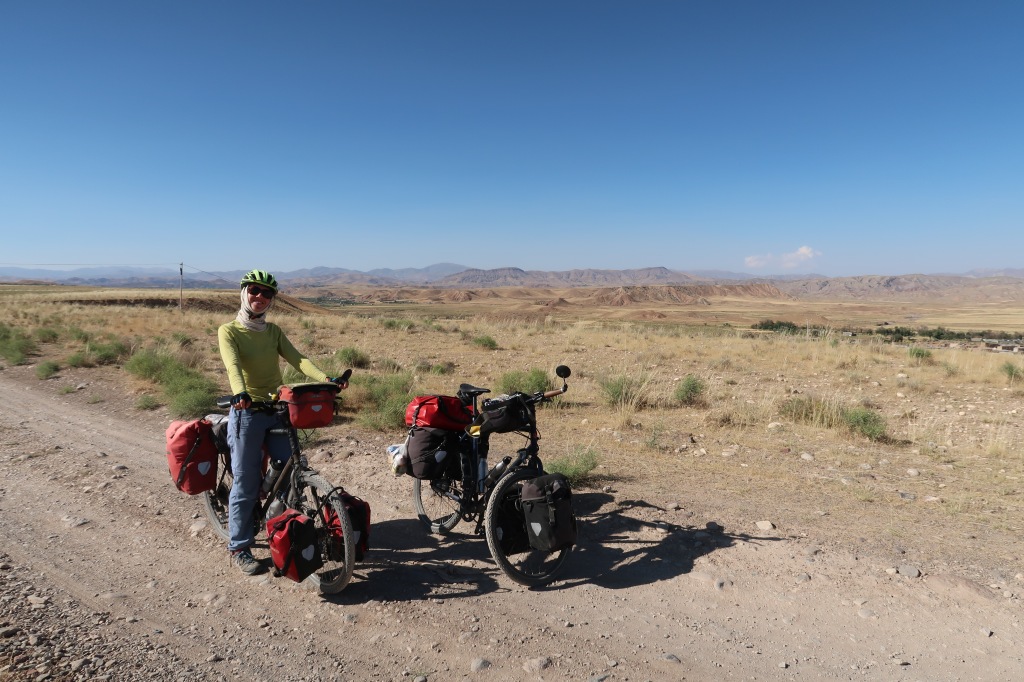
Legs, head and arms covered for Larissa.

Off road
As you probably know, in Iran you can not use your credit card and withdraw money. So, it’s necessary to carry all the money for your stay in the country. But how much shall you carry? And is it safe to travel with that much money (specially alone with bicycles)?
After crossing the border, our first need was to change money. It has to be done through the black market, as you can have more than 3 times the official rate for iranian rials. And how to count this money, by the way? One dollar was equal to 122.000 rials. 10 dollars are equal to 1 million 220 thousand rials. People also say “toman”, when they “take off” the last zero (to make the numbers smaller, but toman are not officially recognized). So,1 dollar is equal to 122.000 rials or 12.200 tomans. It means as well that it can be quite confusing. Obviously for tourists, but for locals as well. Are we talking in rial? Or in toman? As a tourist, you usually never know when it is a rial or a toman, so it’s always good to make it really clear before entering in a taxi or buying something – meaning having it written. After few minutes, we changed our money and became millionaires : even quicker than the Balkany!
BTW, is Iran a safe country to travel? Just before we entered this new place, Trump was in a bellicose mood, threatening to bomb Iran. The situation was tense, and our relatives were rather worried about this. We read a lot, talked to other travellers, exchange with locals and decided that it should be ok. Funny thing is that the Iranian – overall speaking – were not at all aware about the situation. Now we can tell you, it was more than ok. Let’s say that Iran looked much safer for us than Strasbourg during the last Christmas market…
We changed our money. “Welcome to Iran!” Bought a sim card. “Welcome to Iran, Sir!”. Installed a VPN that allowed us to use the internet. Bought lots of water and some food. “Welcome to Iran!”. Covered ourselves (specially Larissa). And hit the road.

Private green plantations contrasting with desert dry sand.

Off road
Once the border was crossed, the landscapes changed immediately. A dry, dramatically mineral mountainous country was in front of us. We were happy, but also a little bit afraid of doing this. Is there enough water here? What about food? And if we have a problem, how can we communicate? Internet has many websites blocked here, how can we find hotels? Can we use internet at all? Many questions, maybe as much as the fear that the western media try to give us when talking about middle east.


A big uphill, around 11am, with 45°C was in front of us as soon as we left the border. Slowly, we started our climbing, feeling a little bit miserable. And then, a truck stopped. “Welcome to Iran!” and they offered us a lift.
We knew that, in Iran, people used to offer many things – from a cup of tea to a ride or hospitality. It is part of their culture. The thing is that to be polite, you’re supposed to decline 3 times. . If they insist after the 3rd time, it means the invitation is sincere. This « game » is called “taroof”, and it would be a companion during our journey. So we refused 4, 5 times and, as the lovely couple was still insisting, saying that it was for free, just willing to help us (and that after all it was already noon anyway), we accepted. They were lovely and we could communicate as they spoke turkish, as many people in this region.


After this lift, we were cycling in a desertic area, on the mountain, in very different landscapes. It was so beautiful that we wanted to wild camp. During the evening, once again, a car stopped, with a happy smiley driver inviting us to his place. “Welcome to Iran! Come to stay in my place.” The “taroof” game begun. Actually, we wanted to wild camp, so we refused several times. But the man, with his child in the car, kept on insisting. Finally after easily 5 good minutes of discussion, we accepted and ended up having a lovely dinner with him and his son in a house that they were building.


Early in the morning, a “bakery car” stopped and offered us some fresh, warm bred. “Welcome to Iran!” At this time of the day with an empty stomach, the Taroof game cannot work for us. We accepted directly. The guy seemed surprised as we didn’t decline, but well, offering fresh bred to cyclists on the morning is a one direction proposition.
We went back to the road and reached Tabriz. Many people open their car windows to yell at us a warm and loud “Welcome to Iran!”. The city was very nice, the perfect place to get used to this new country and have some rest. “Welcome to the Islamic Republic of Iran!”. People warm welcoming us everywhere, everywhen, everytime.

After 2 days, the decision was made: a bus will drive us to Tehran, as we started to be late for the Central Asia countries and as the temperature here was really warm.

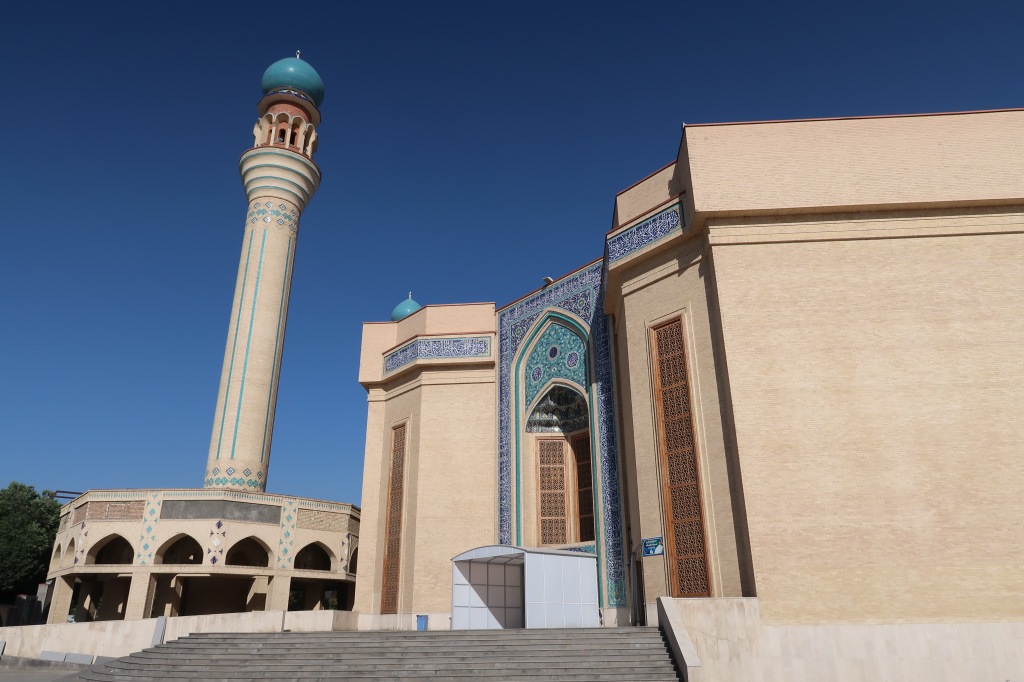
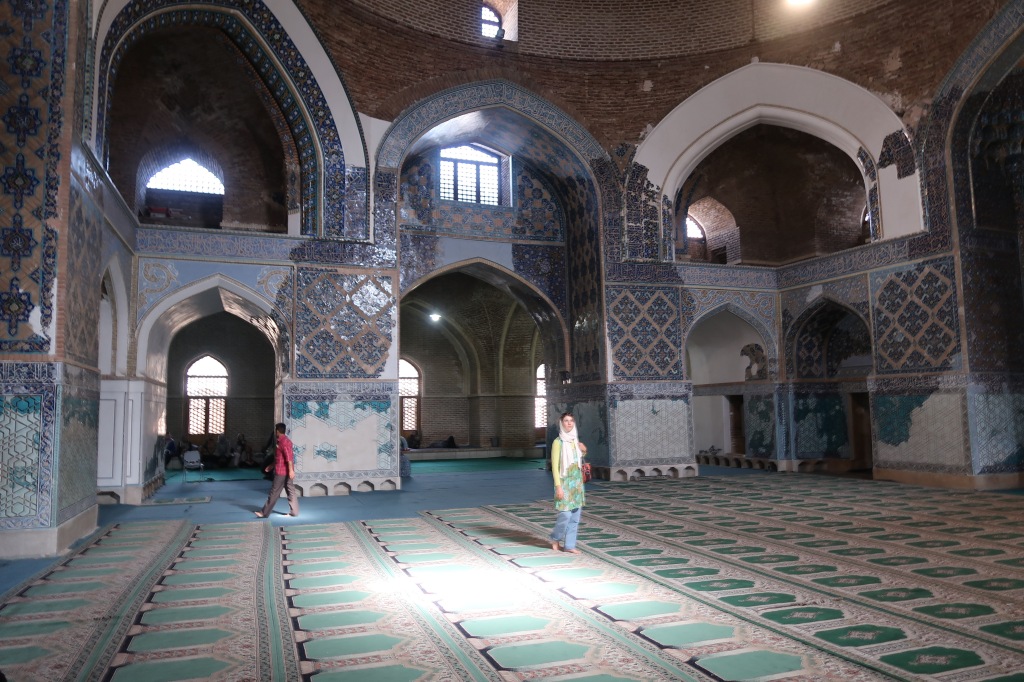
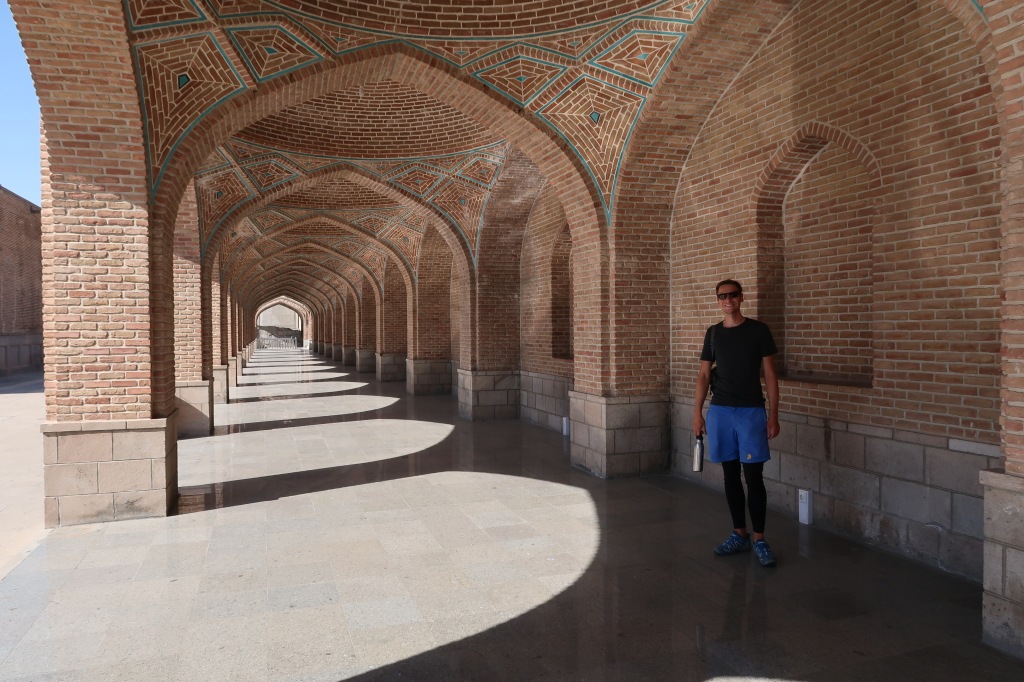
All the cyclists told us that it is kind of a suicide to cycle in Tehran, as you don’t really exist as a cyclist. For this reason, we arrived on a friday, the free day of this country, when all the shops are closed and there are less cars around. Getting out of the bus, a guy interpelled Larissa : “Cycling for you is forbidden! Stop this! You will go to jail!”. We just smiled and kept on cycling. We learned later it is considered like something obscene for women here. Welcome to Iran.
We spent the rest of the week hosted by Alireza, a very nice Warmshower host, preparing our itinerary for Central Asia and its visas.

With Alireza enjoying a traditional food restaurant
After lots of paperwork, our Turkmen visa application was ready. We went to the Turkmen embassy, crossed our fingers and decided to travel by bus to visit the country while waiting for the Turkmen answer. Usually, they refuse 50% of the application, without any reason (just as Shengen space deny serveral of the Iranian visas application, BTW).
So it is good to have a plan B and be prepared, like taking a plane to Uzbekistan, or going back to Azerbaijan and sail then to Uzbekistan. Both solutions were not very charming, as time consuming and well, rather expensive.
As often when entering inside an iranian house, the tongues speak, veil fall for the women, a different society than the outside one revealed. Few discussions later, we find out that all the hassle we get to be able to travel to Turkmenistan is reciproc for the iranian people willing to go to any country abroad : getting a visa for Shengen space is very difficult and somehow aleatory, need to prepare enough cash when traveling to one country as their bank card won’t work, studying abroad is almost impossible, and so one and so forth. Iranian people in general hate their government for these reasons among others. They have the feeling to live inside a jail without any way to sneak out. Welcome to Iran.
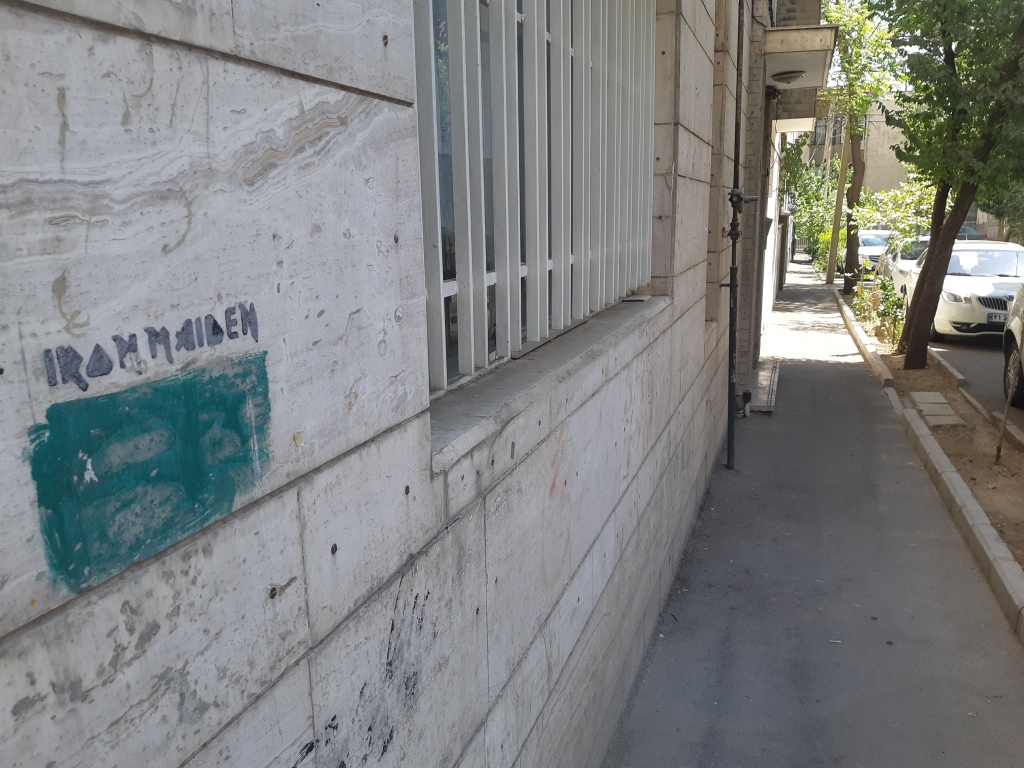
It is only our first week in Iran, and already very informative.
“Welcome to Iran »
